Not everyone is happy about the expansion of padel. The growing popularity of the sport, as we are seeing, has exponentially fostered the emergence of padel courts in cities all over the world certainly bringing great enthusiasm to fans who, now, have their favorite sport more and more at their fingertips but generating, in contrast, complaints and opposition from residents near the courts because of the noise pollution generated.
In fact, it is estimated that the noise produced during a game of Padel, is about 20dB higher than that of a tennis match: the impact of the ball with glass walls, court meshes and carbon fiber rackets and the fact that it is a sport with much more prolonged exchanges than tennis soon brought this issue to light.
One of the most emblematic examples, where the controversy immediately became more heated, is the Netherlands; here padel has grown rapidly in recent years and in many cases courts have been installed close to population centers, inevitably generating discontent among residents.

For this reason, it was concluded that regulations should be introduced to curb this issue and ensure a healthy coexistence between padel clubs and local communities. KNLT, the Dutch tennis and padel association, under the guidance of the Dutch Olympic Committee NOC*NSF, custodian of all guidelines related to sports infrastructure in the country, discussed the issue by conducting tests and examining various legislative texts, land-use planning guidelines and studies related to noise pollution. The result is the manual "Padel and Noise" within which the maximum allowable noise limit of a padel court was set. In fact, the noise impact during a match must not exceed 91dB on newly built out-door courts.
These new regulations have thus led padel court installers and even club owners to adapt and find solutions that do not create problems in obtaining all the permits to install and do not lead to unpleasant penalties.

Among those who have installed sound-absorbing barriers and those who have had to relocate the padel club to more suitable areas, it is worthwhile in this case to talk about a company that, on the contrary, has not had to change anything about its product at all.
A company that produces special padel courts that already in themselves comply perfectly with the new Dutch regulations. A 'company that is changing the rules of the market with a product never seen before and completely innovative.
We are talking about NXPadel : and its Fiberglass Padel Courts, the most revolutionary courts in the industry capable of bringing benefits to all stakeholders in the padel universe in terms of playability, maintenance and installation, distinguishing itself in an unquestionable way from all other manufacturers but maintaining an aesthetic structure that is always perfect and at the highest level. As already mentioned, also with regard to the issue related to noise impact, NXPadel has an amazing solution.
The Fiberglass structure, in fact, unlike the iron one, which tends to vibrate for many seconds after it is hit, produces much less noise both on impact with the players' bodies and in the impact with the ball so much so that the impact of a Fiberglass court with traditional glass is 72 dB. A value that is already well below the maximum threshold allowed in the Netherlands. But that is not all.
In fact, NXPadel has also introduced a new type of wall: ComfortGlass a super-elastic and impact-resistant acrylic compound that is also less noisy than traditional glass but from which it does not differ aesthetically. In fact, according to tests conducted, the acoustic impact of N1A, NXPadel's top-of-the-line court model equipped with a Fiberglass structure and ComfortGlass walls is just 64 dB, almost 30 percent less than the limit allowed by the Dutch federation.

Thanks to this feature, in addition to the many advantages of Fiberglass and ComfortGlass, NXPadel's courts perfectly meet the guidelines imposed by the Dutch market and beyond and find no obstacles related to installation permits near population centers. Just in the Netherlands, in fact NXPadel is already present with 3 courts in Westervoort installed last September and is strong in its partnership with Padel Factory, one of the most authoritative Dutch installation companies.
Needless to say, padel-related noise pollution is an issue not only in the Netherlands, which is simply the only country where there is regulation on the issue. Even in other countries, in fact, it happens more and more often that installation permits are not granted because one is too close to houses or that there is simply discontent with residents. Healthy coexistence between the parties, however, thanks in part to NXPadel’s product, we have seen that it is definitely possible; all it takes is knowing how to rely on the right manufacturers to permanently silence the controversy and ... the noise.

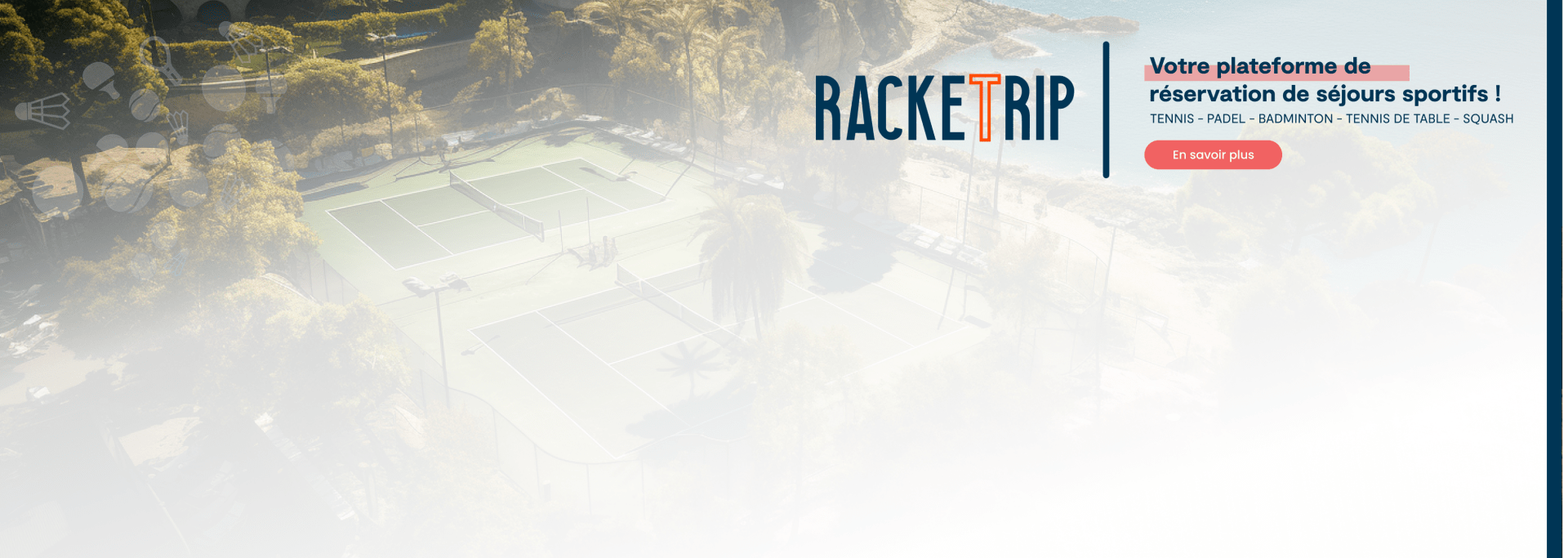















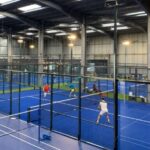


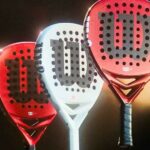


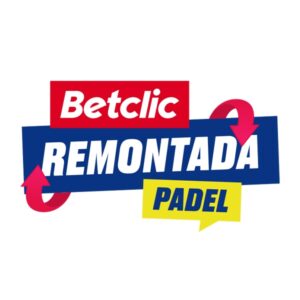







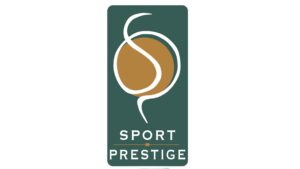
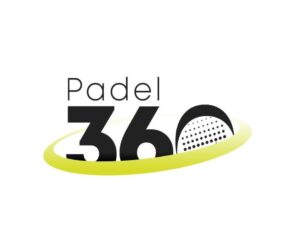
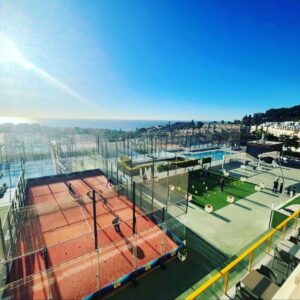
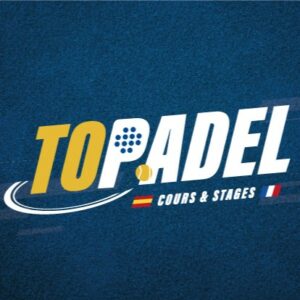



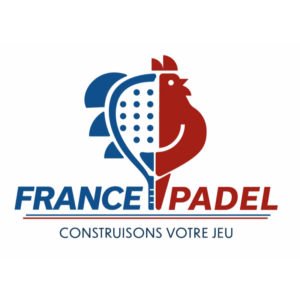
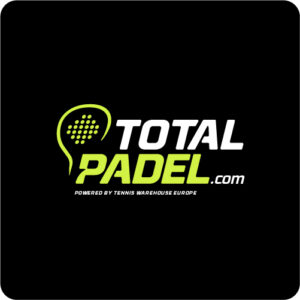




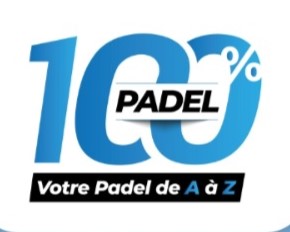
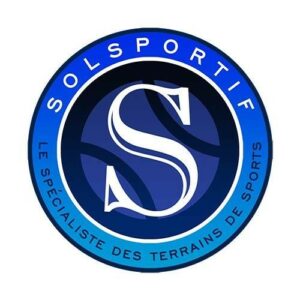
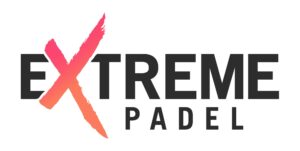
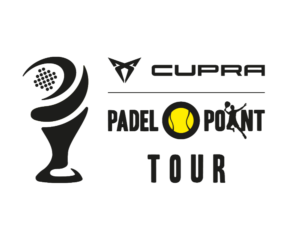
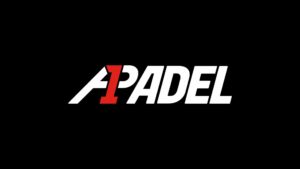
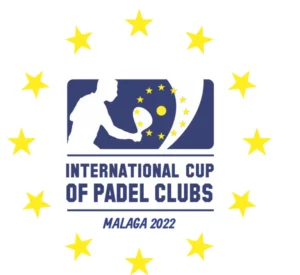

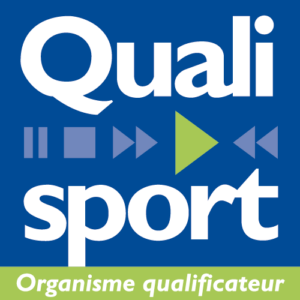
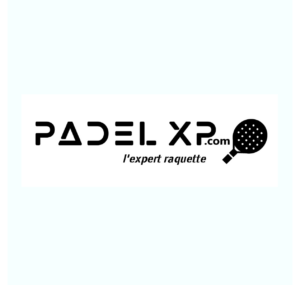

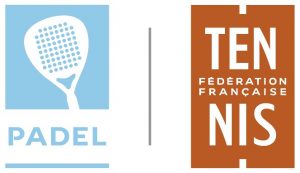
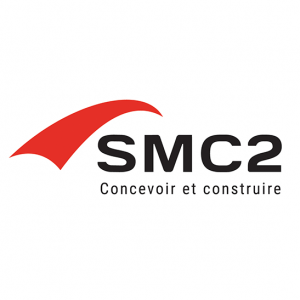
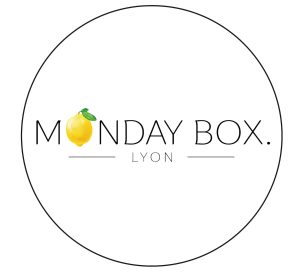
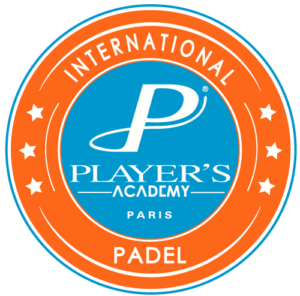
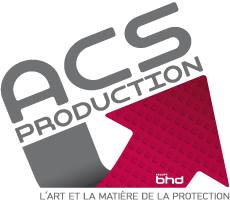






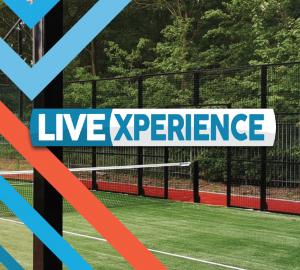

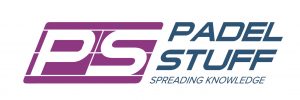
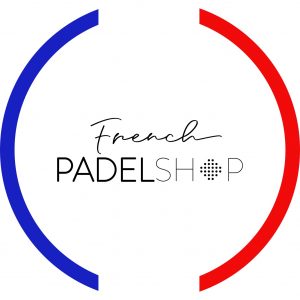
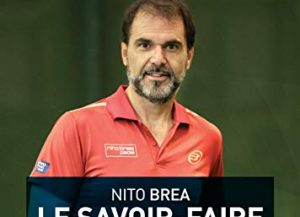
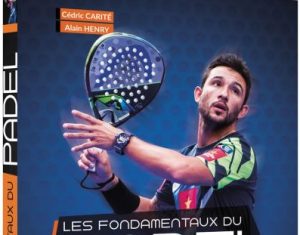


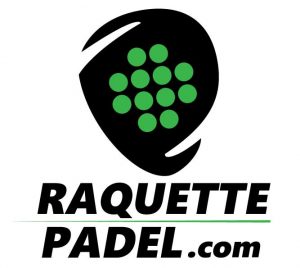
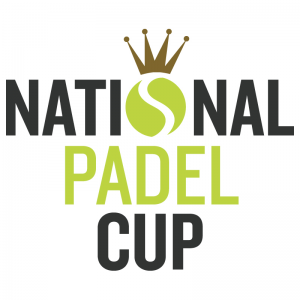
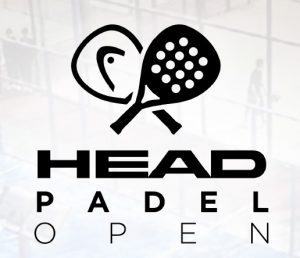

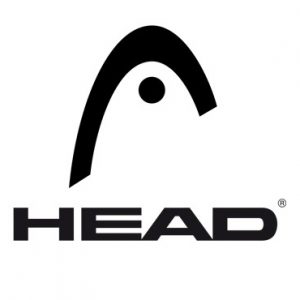




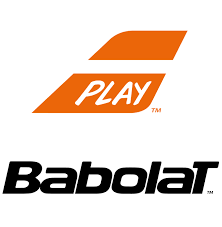


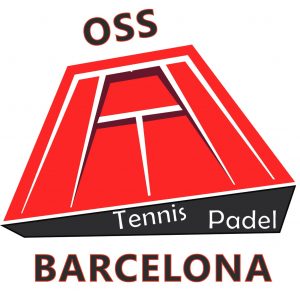
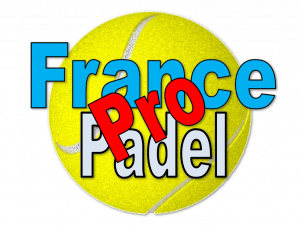


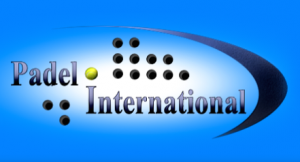

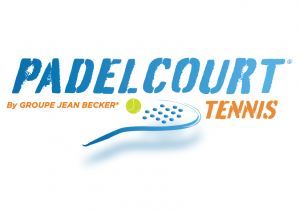
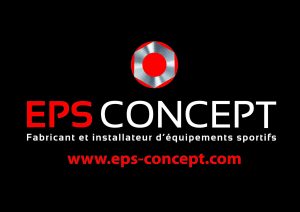
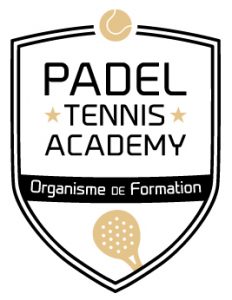


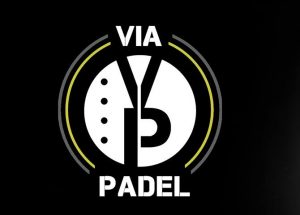




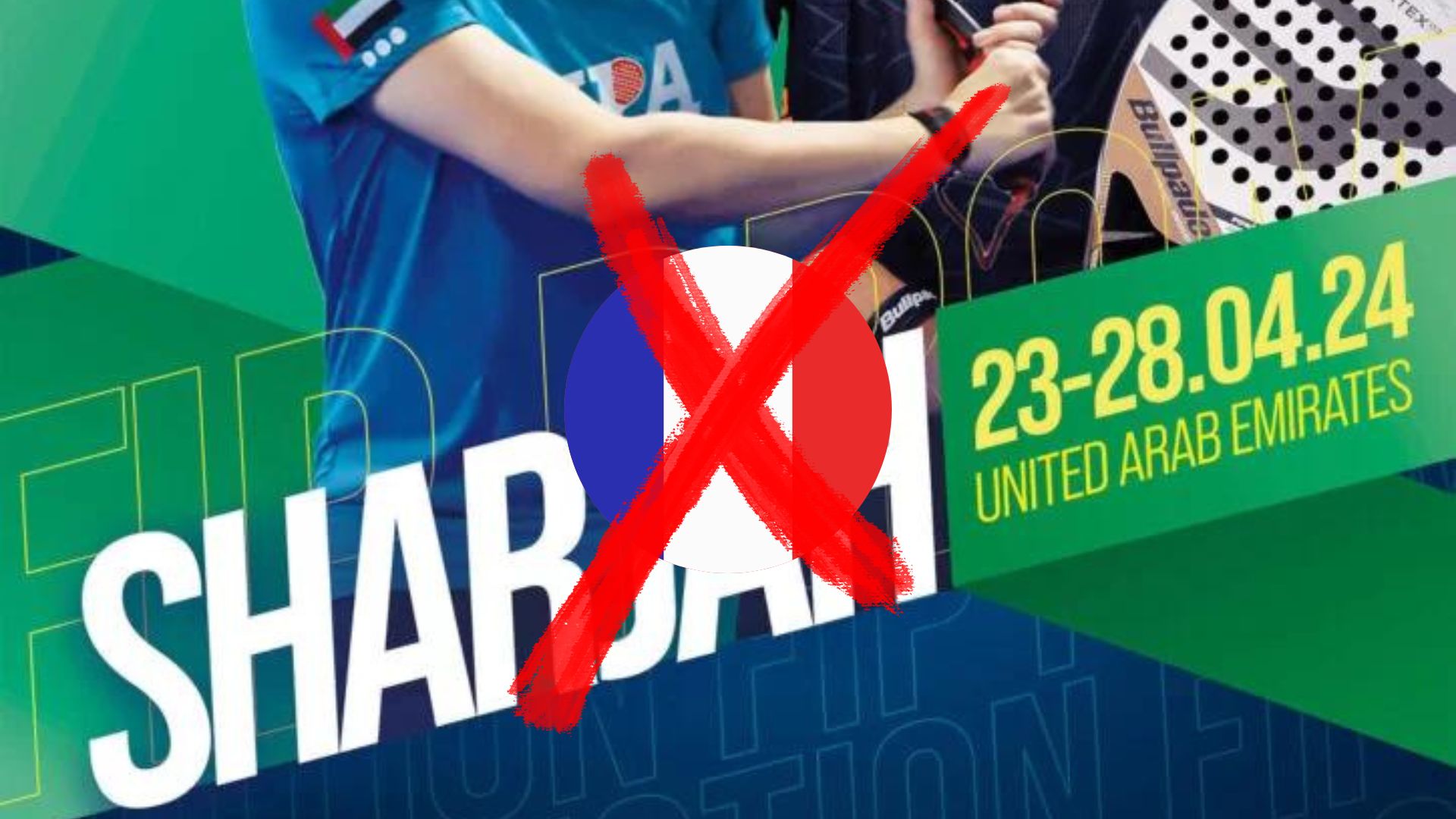 FIP Promotion Sharjah – More French people in the United Arab Emirates
FIP Promotion Sharjah – More French people in the United Arab Emirates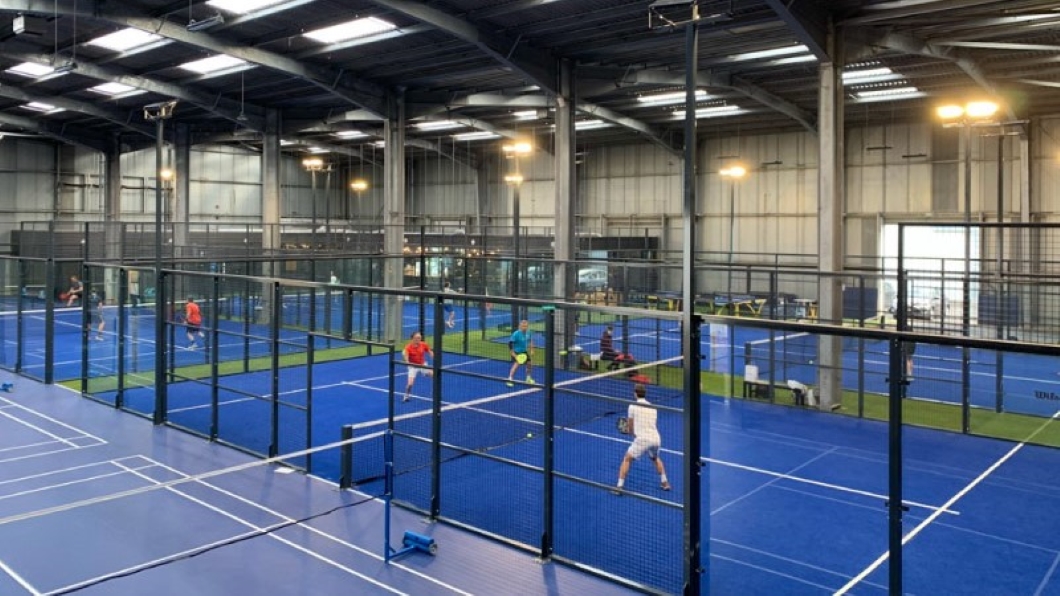 P1000 PadelShot Saint-Étienne – Follow the surprise poster Vincent/Hugounenq – Couturier/Benmergui live
P1000 PadelShot Saint-Étienne – Follow the surprise poster Vincent/Hugounenq – Couturier/Benmergui live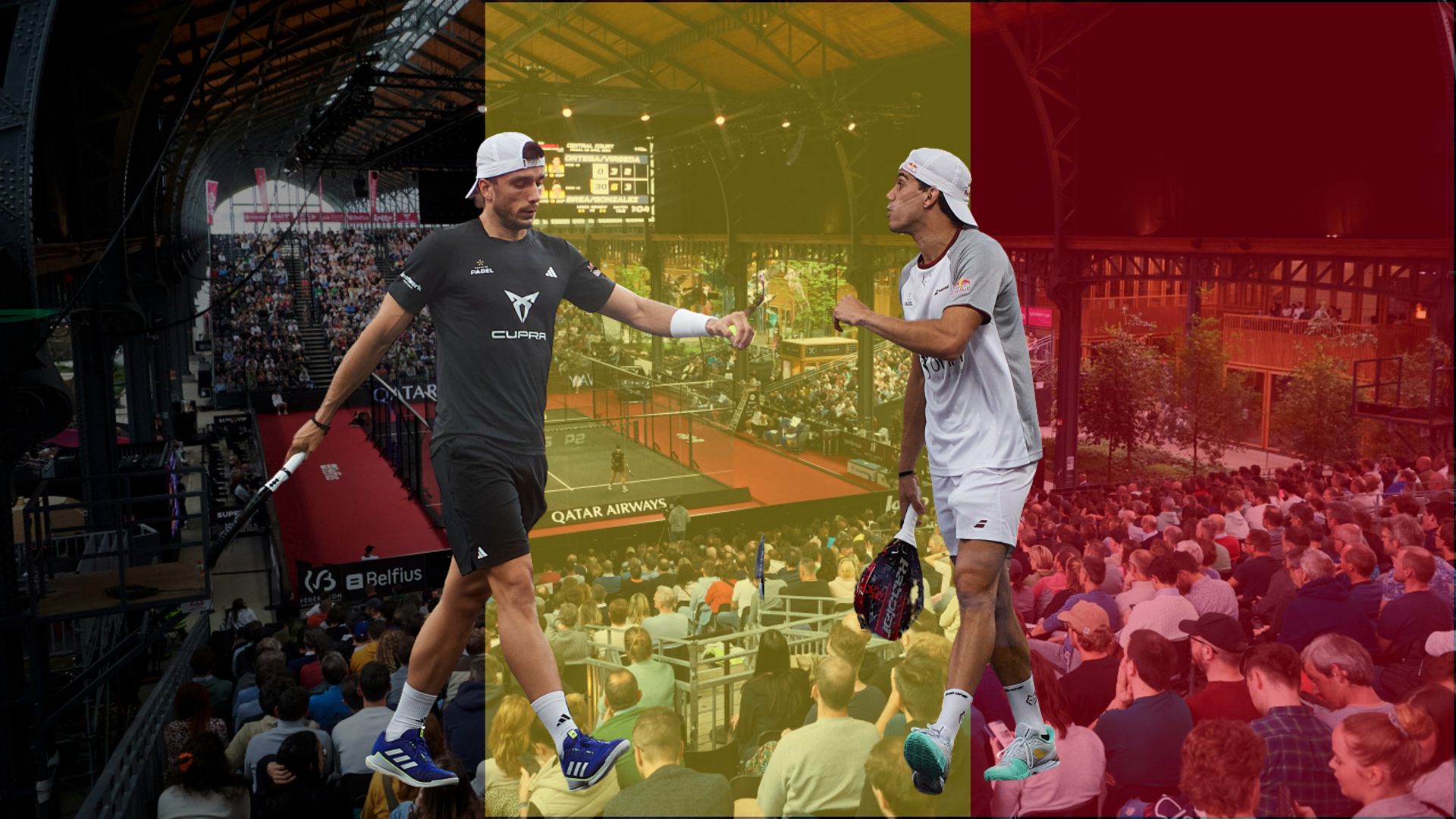 Premier Padel Brussels P2 – Juan Lebron and Ale Galan together in Belgium?
Premier Padel Brussels P2 – Juan Lebron and Ale Galan together in Belgium?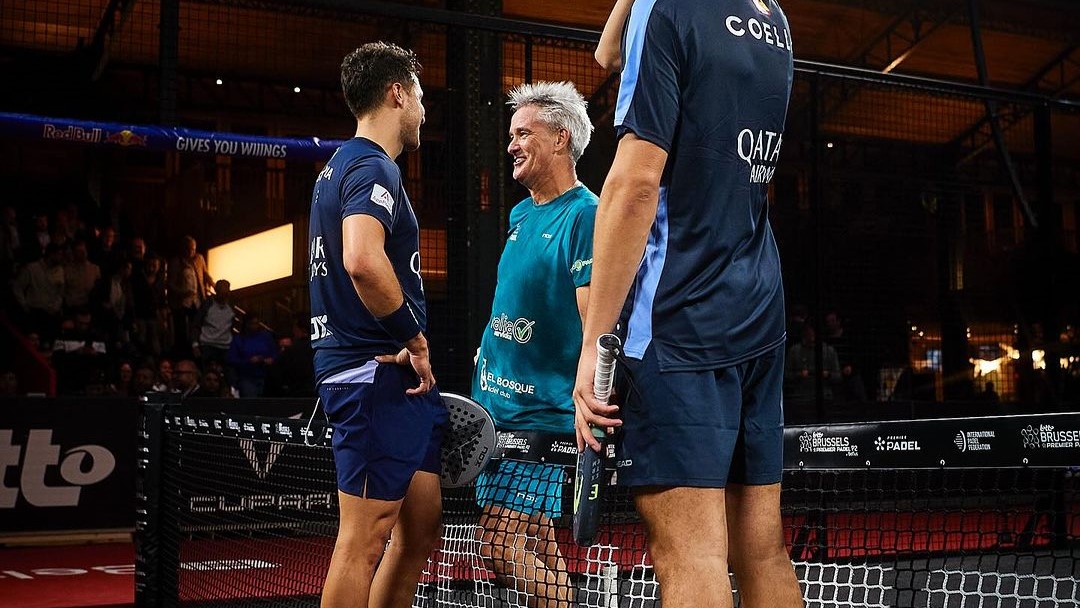 Agustin Tapia salutes the longevity of Miguel Lamperti
Agustin Tapia salutes the longevity of Miguel Lamperti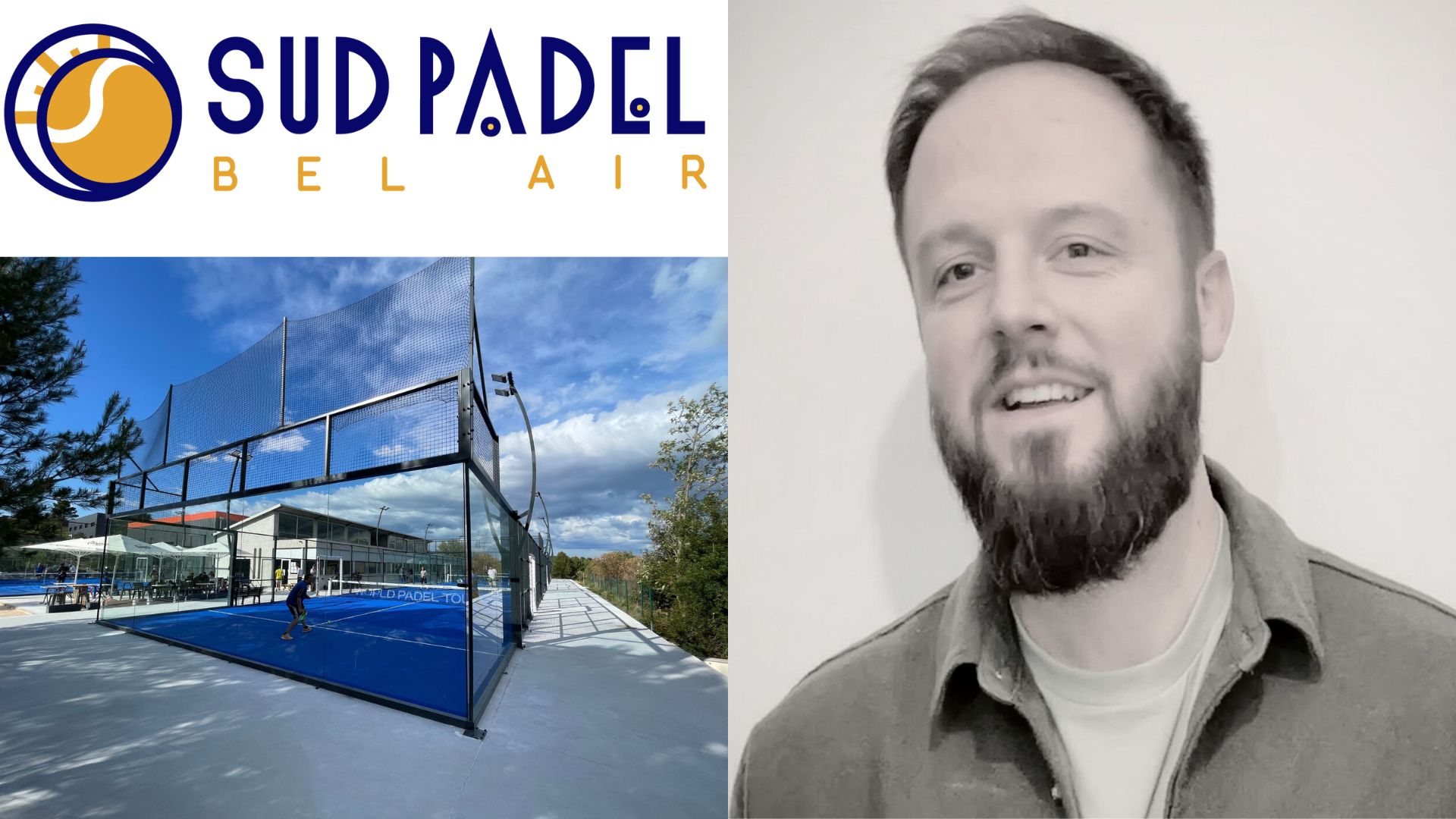 Guillaume Codron de Sud Padel : “A family project”
Guillaume Codron de Sud Padel : “A family project”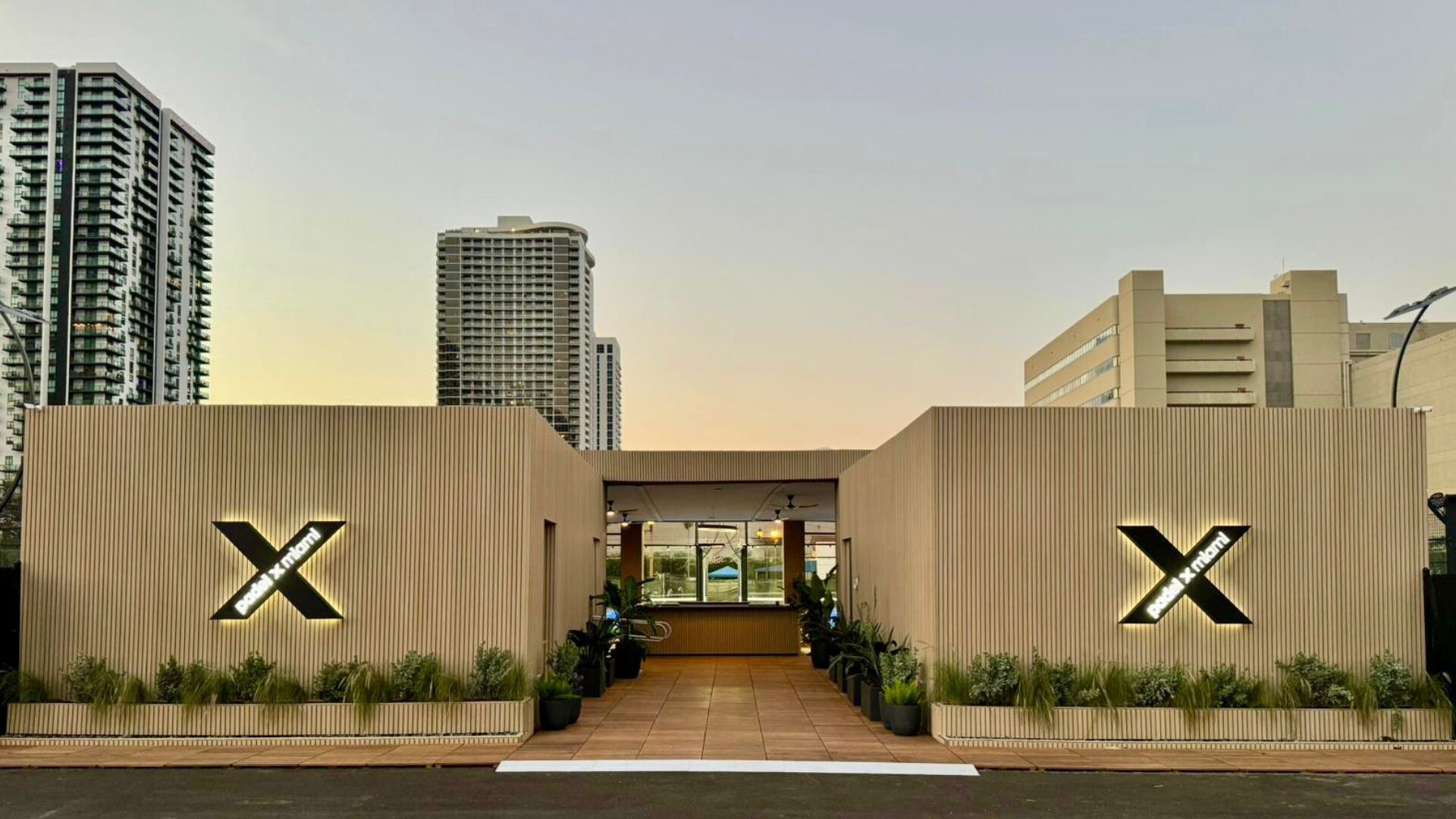 Nallé Grinda: “Democratize the padel in the USA with PadelX "
Nallé Grinda: “Democratize the padel in the USA with PadelX "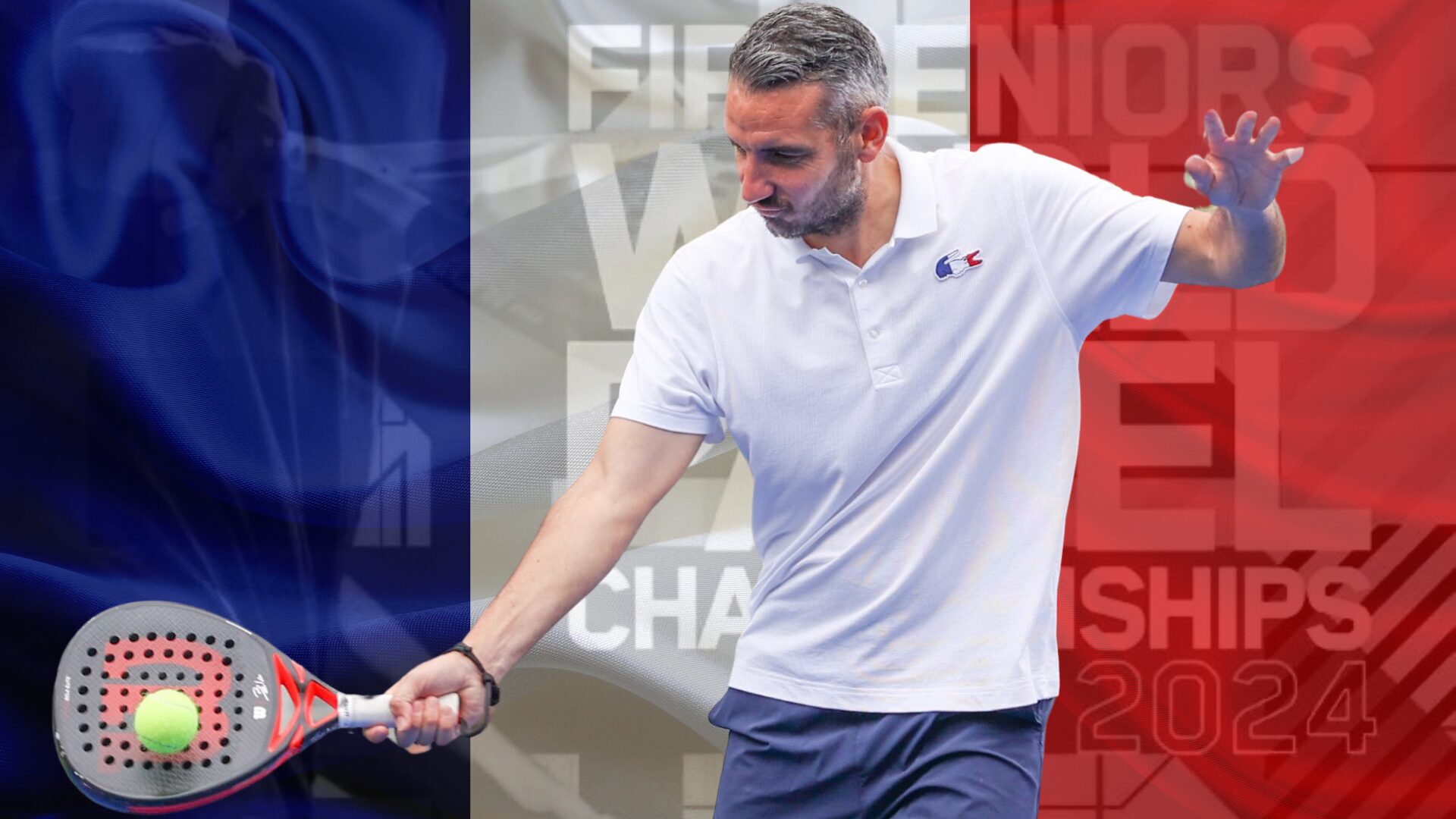 Simon Boissé: “We know that there are two nations in front of us”
Simon Boissé: “We know that there are two nations in front of us”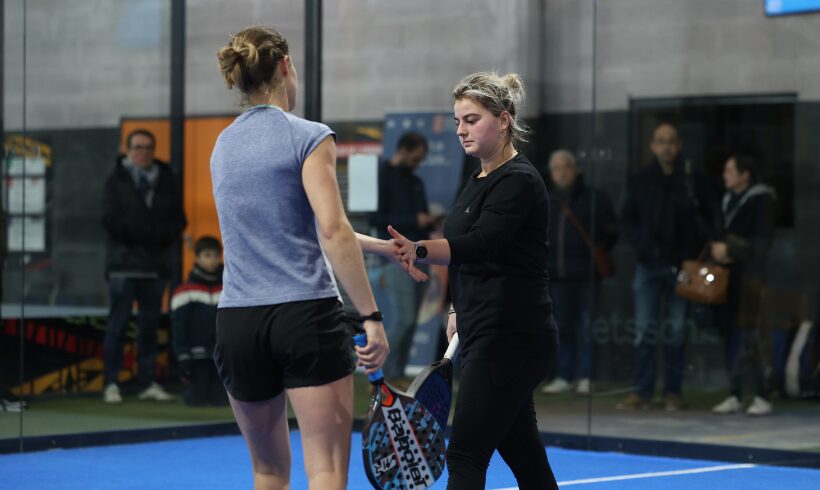 Marie Maligo: “This period of frequent changes of partners was beneficial for me”
Marie Maligo: “This period of frequent changes of partners was beneficial for me” The All Star Tour returns on May 16 at the All In in Lyon
The All Star Tour returns on May 16 at the All In in Lyon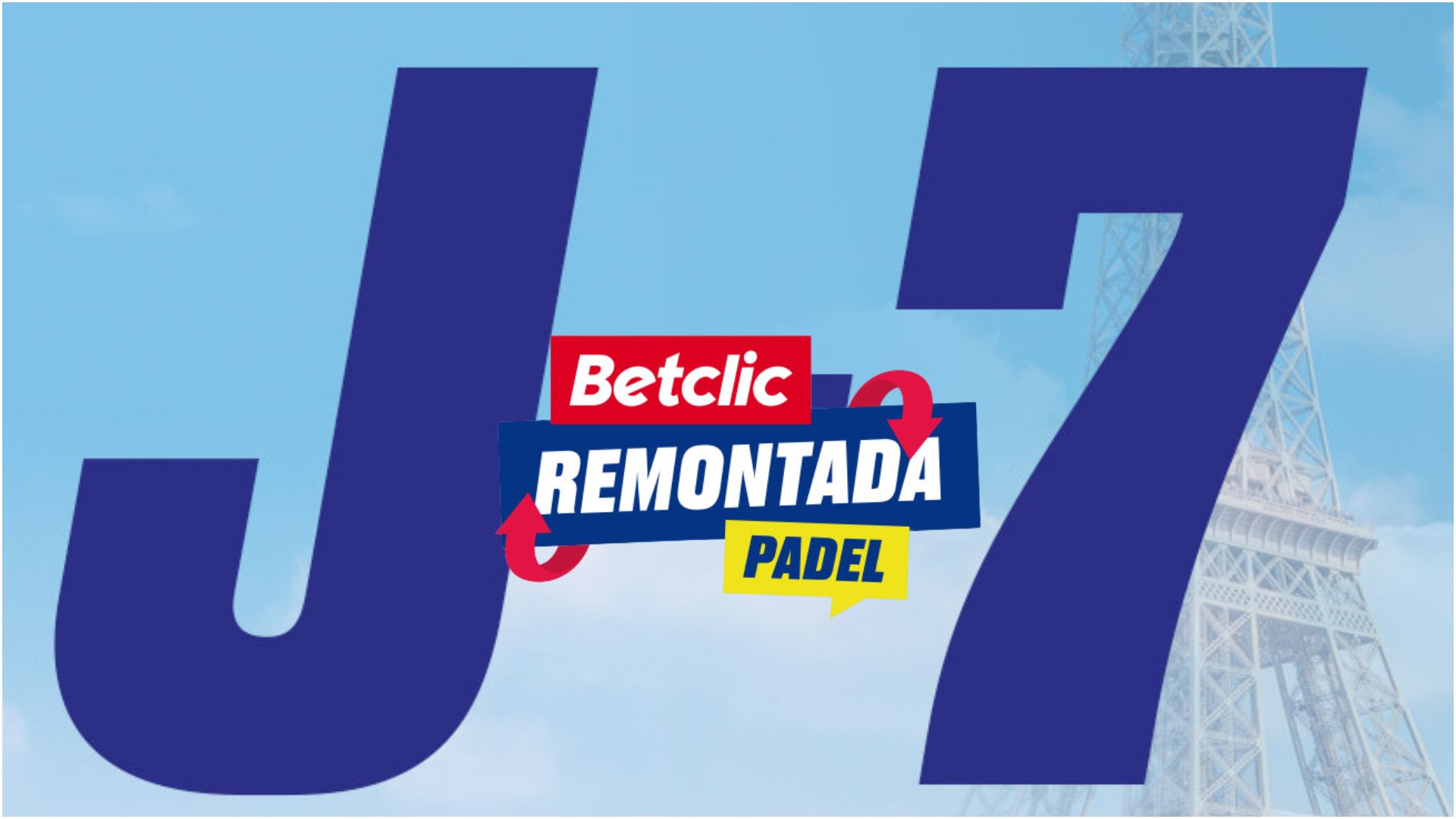 D-7 of the “BetClic Remontada Padel”, at the foot of the Eiffel Tower
D-7 of the “BetClic Remontada Padel”, at the foot of the Eiffel Tower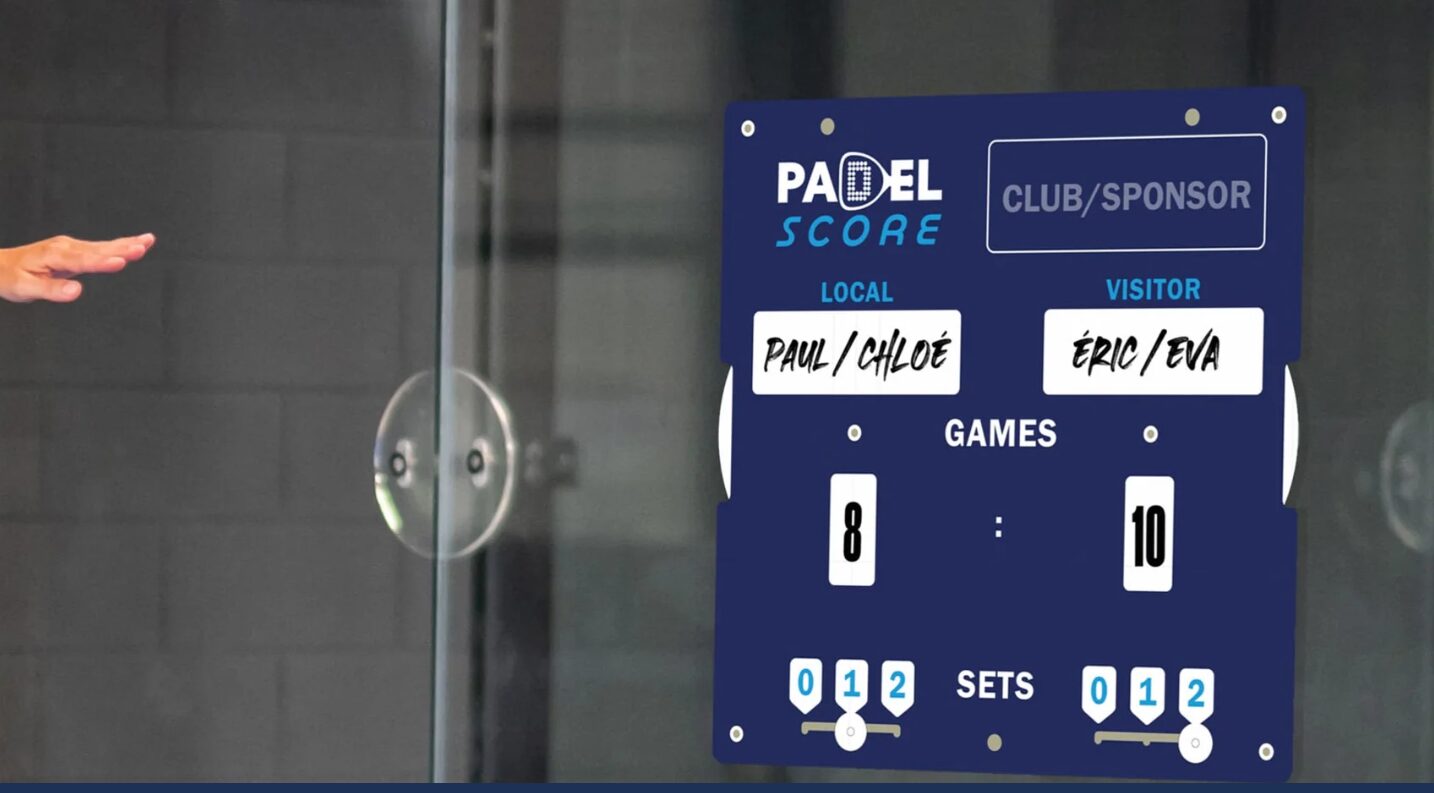 Padel Score: an essential table for keeping score
Padel Score: an essential table for keeping score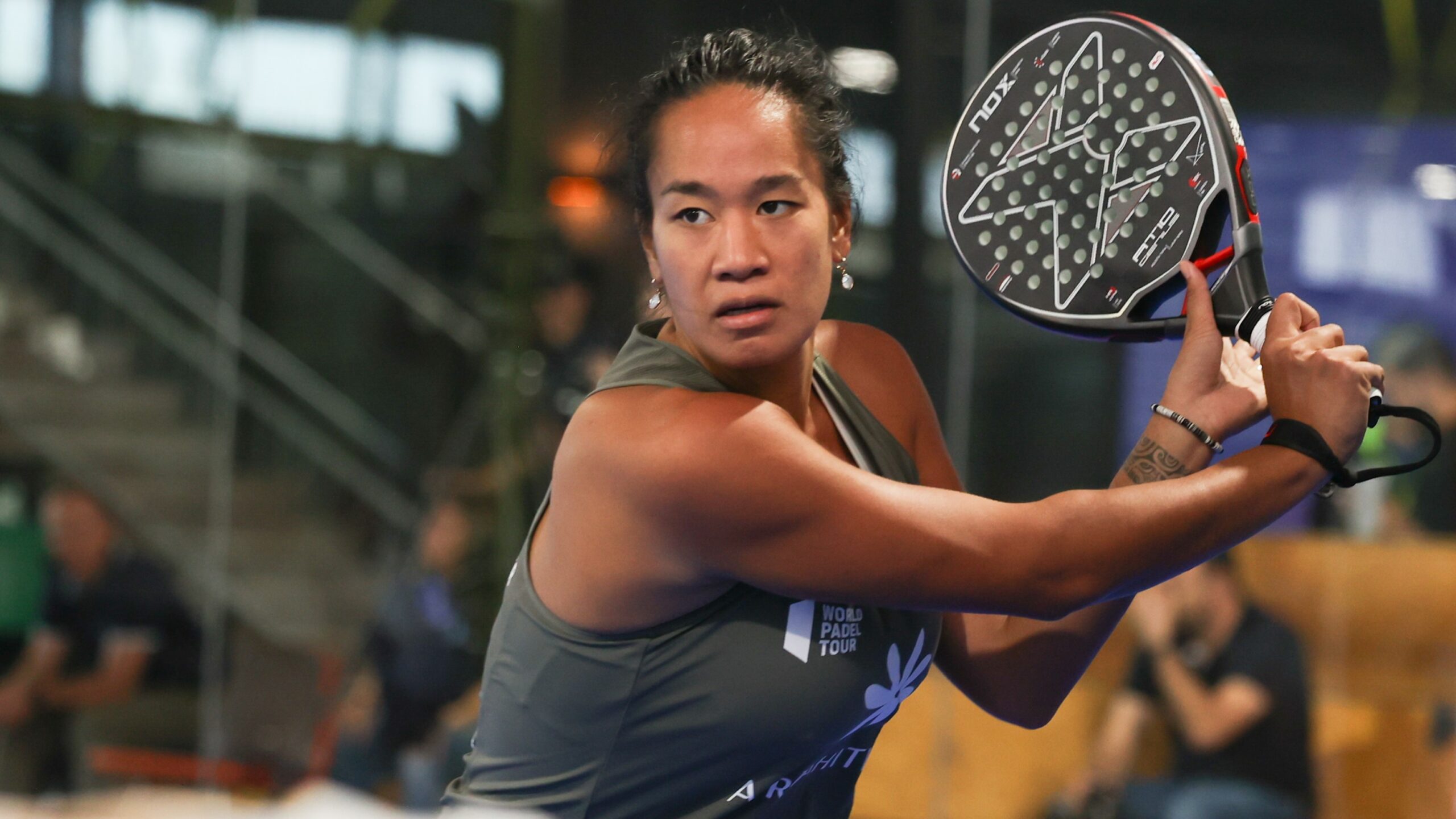 Léa Godallier makes her big return to the slopes this weekend
Léa Godallier makes her big return to the slopes this weekend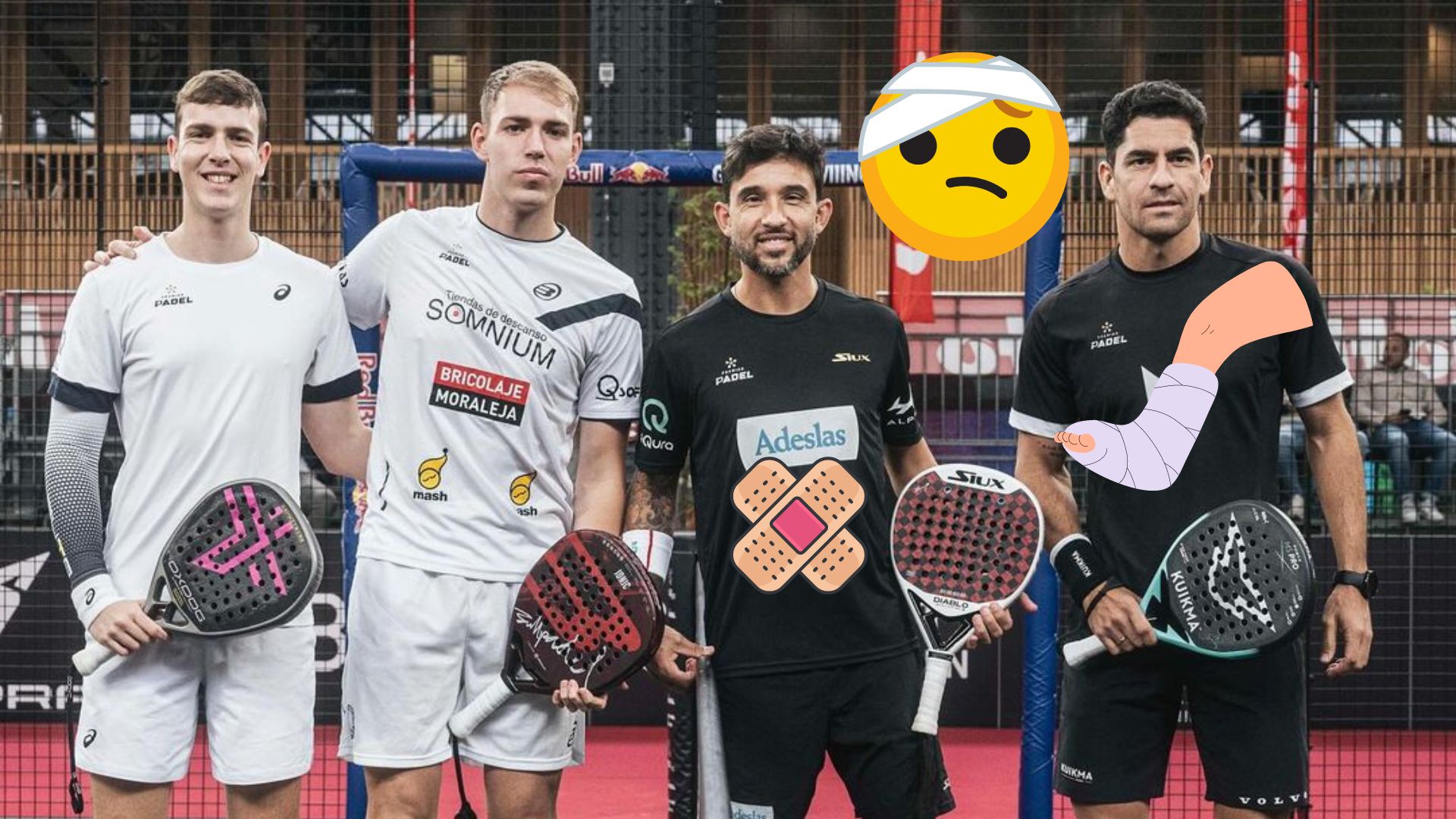 Unusual – Sanyo Gutierrez and Maxi Sanchez suffered in Brussels
Unusual – Sanyo Gutierrez and Maxi Sanchez suffered in Brussels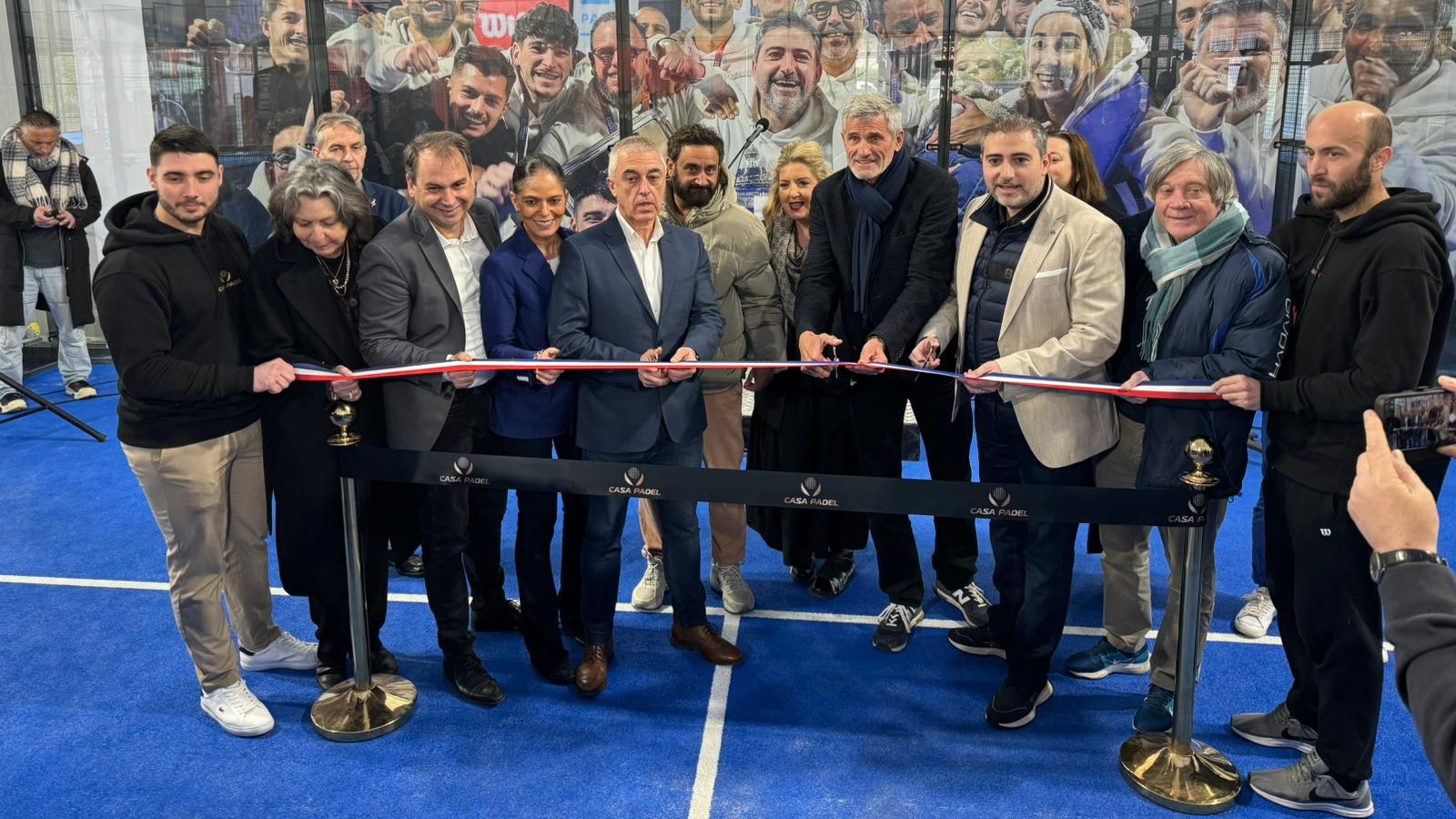 José Manuel Escin at the inauguration of Casa Padel DOS: “Finally, and thank you!”
José Manuel Escin at the inauguration of Casa Padel DOS: “Finally, and thank you!”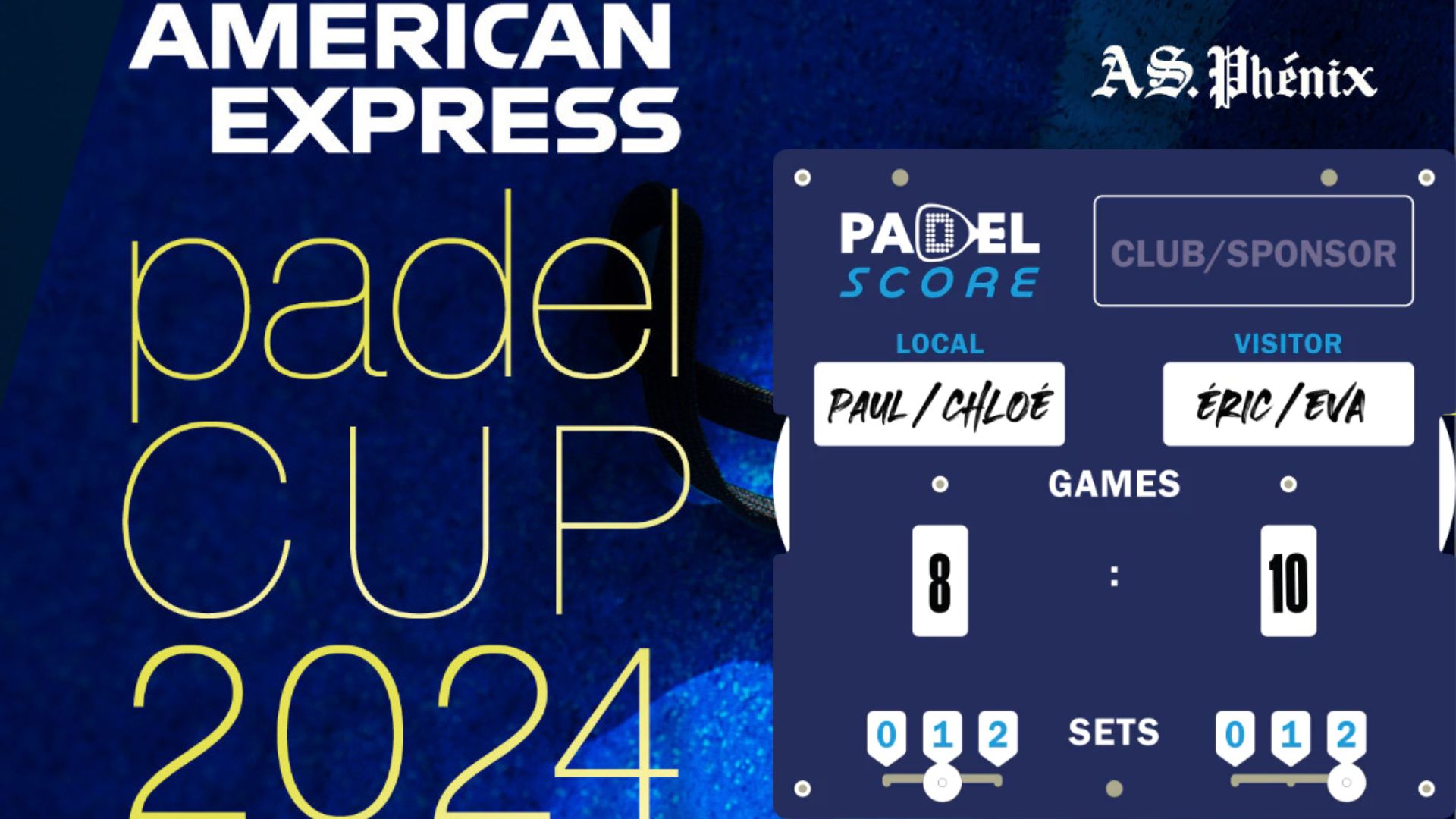 Padel Score comes to Tahiti for American Express Padel Cup!
Padel Score comes to Tahiti for American Express Padel Cup!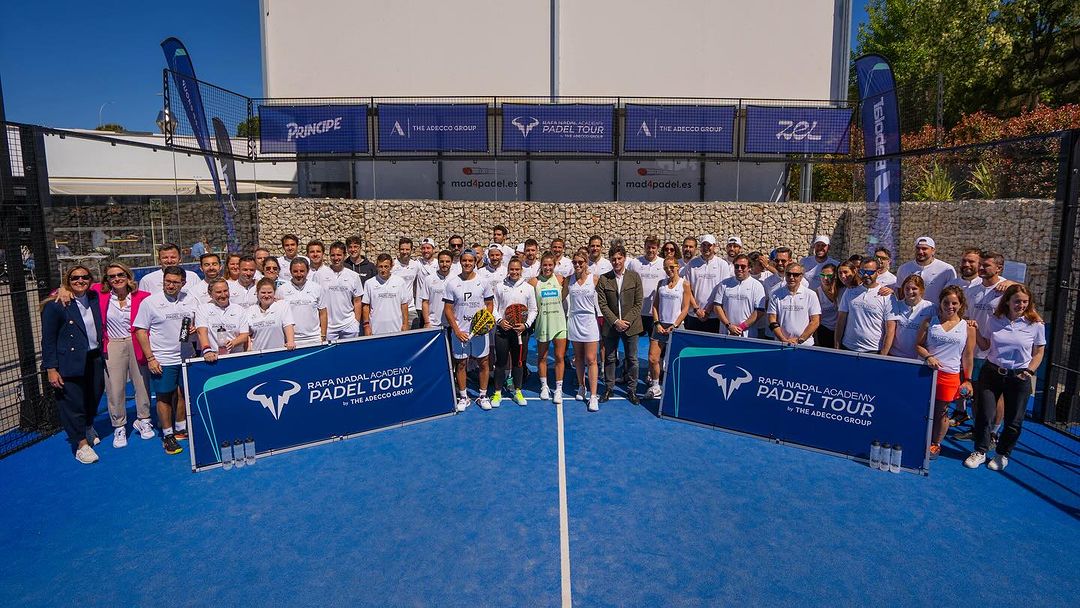 Do you know the Rafa Nadal Academy Tour?
Do you know the Rafa Nadal Academy Tour?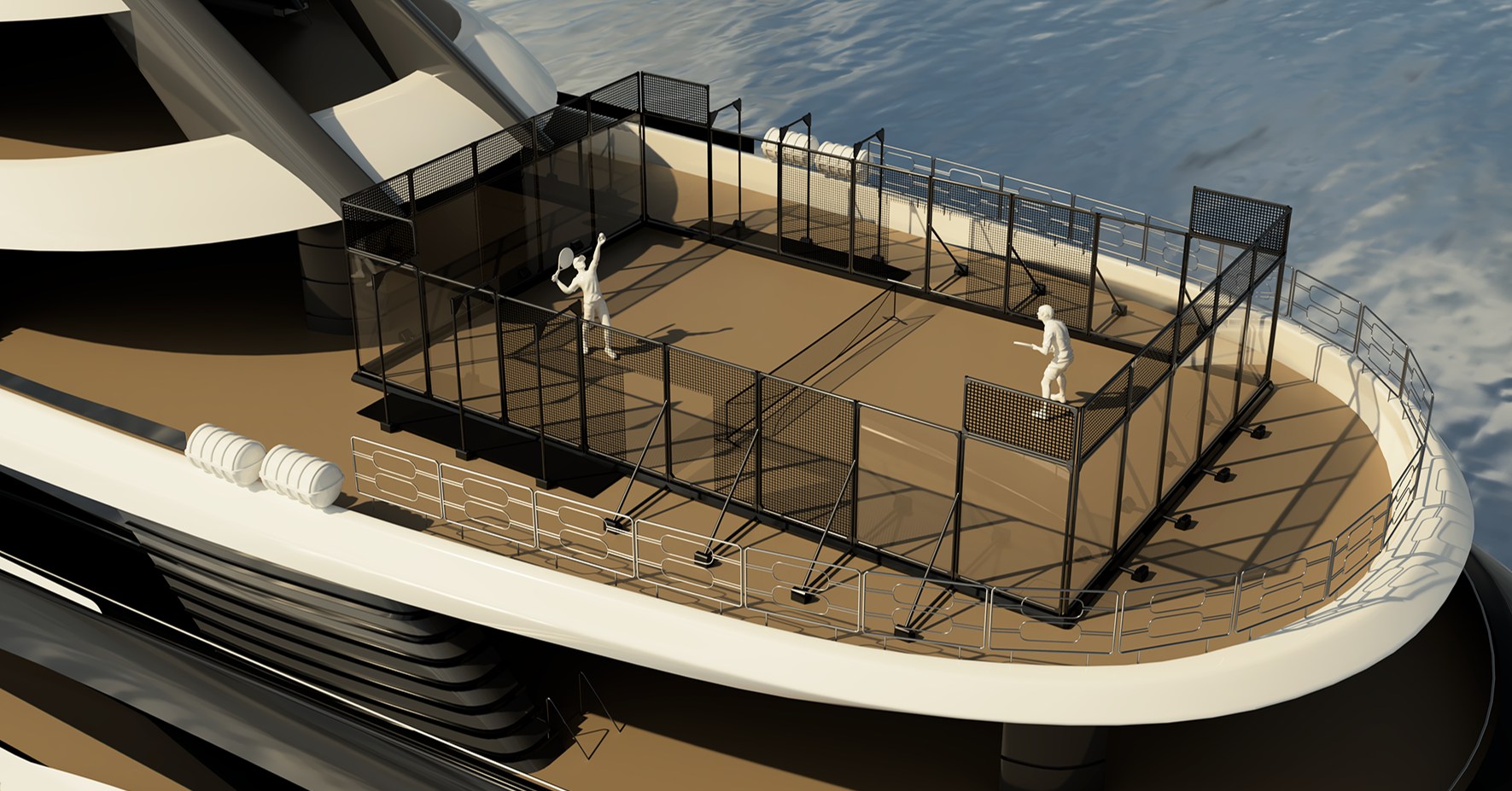 Play at padel on his yacht? Possible for €233.000!
Play at padel on his yacht? Possible for €233.000!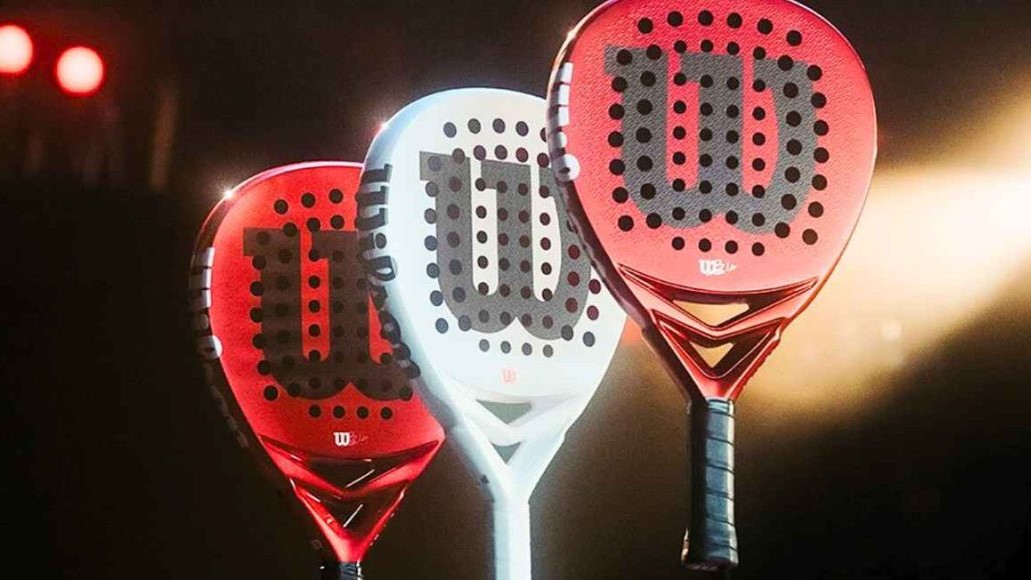 Presentation of the Wilson Bela V2.5 collection
Presentation of the Wilson Bela V2.5 collection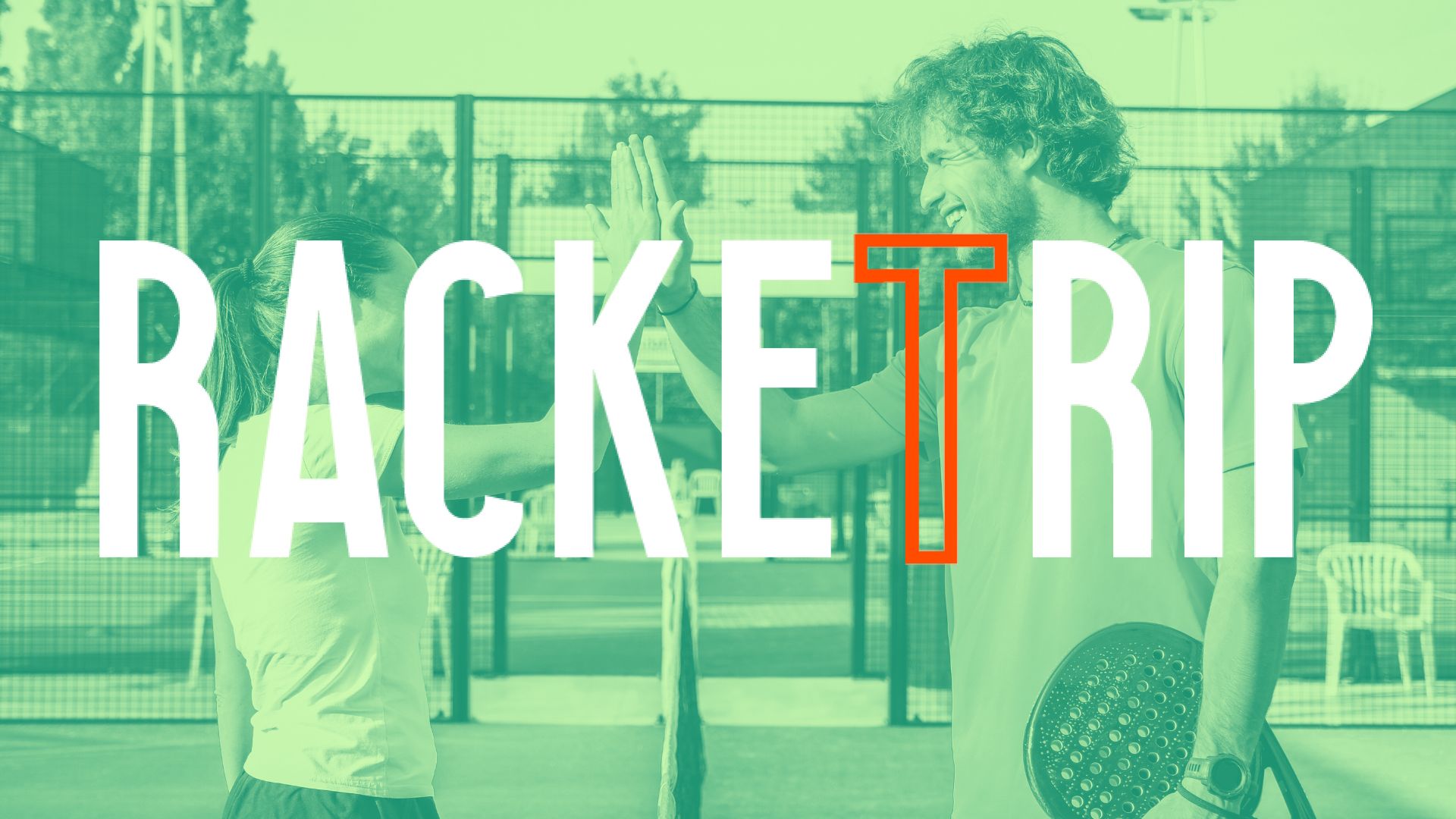 The LinkedIn of racquet sports: Racket Trip
The LinkedIn of racquet sports: Racket Trip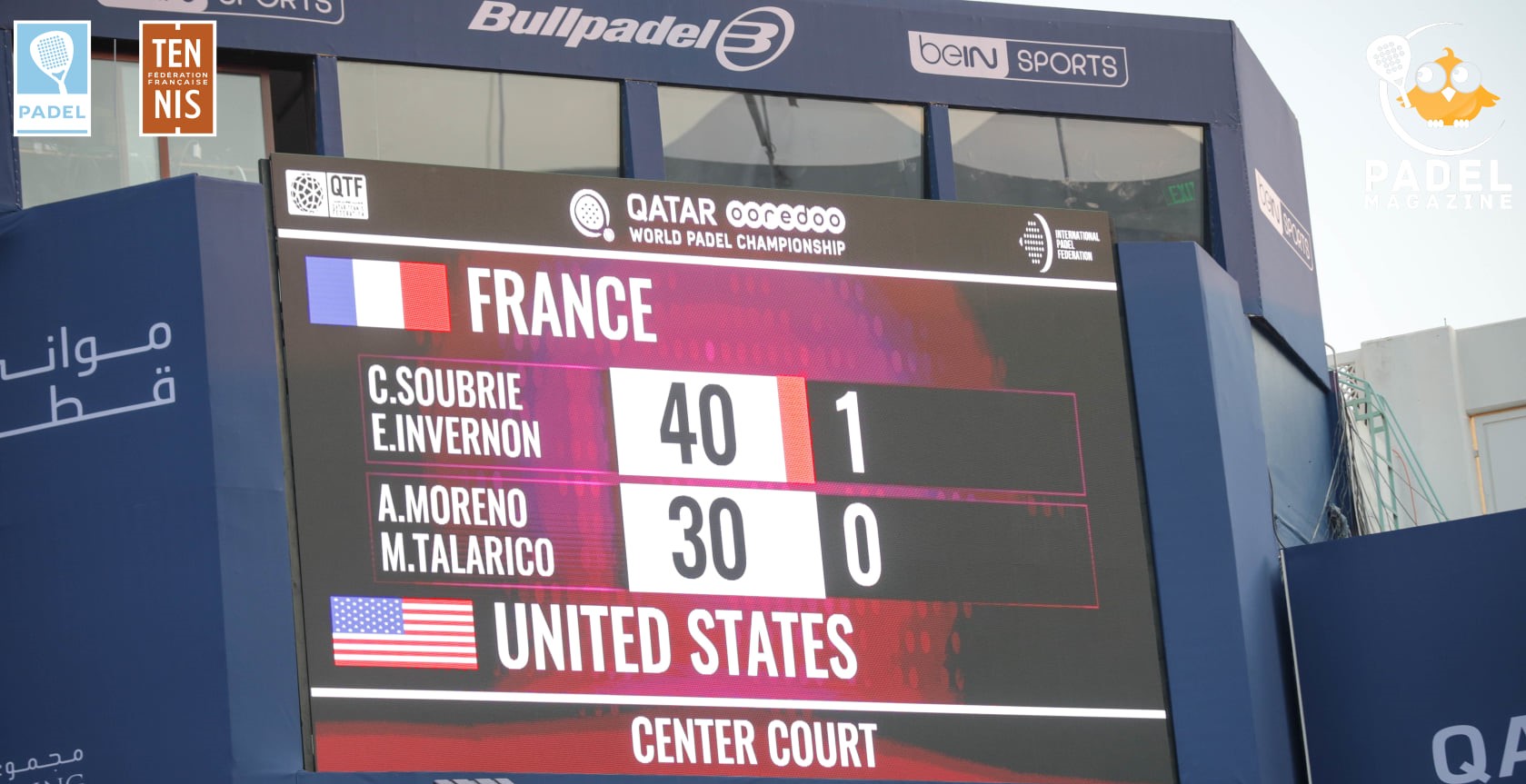 The score at padel : manual
The score at padel : manual Our Top 10 training courses padel in France and Europe
Our Top 10 training courses padel in France and Europe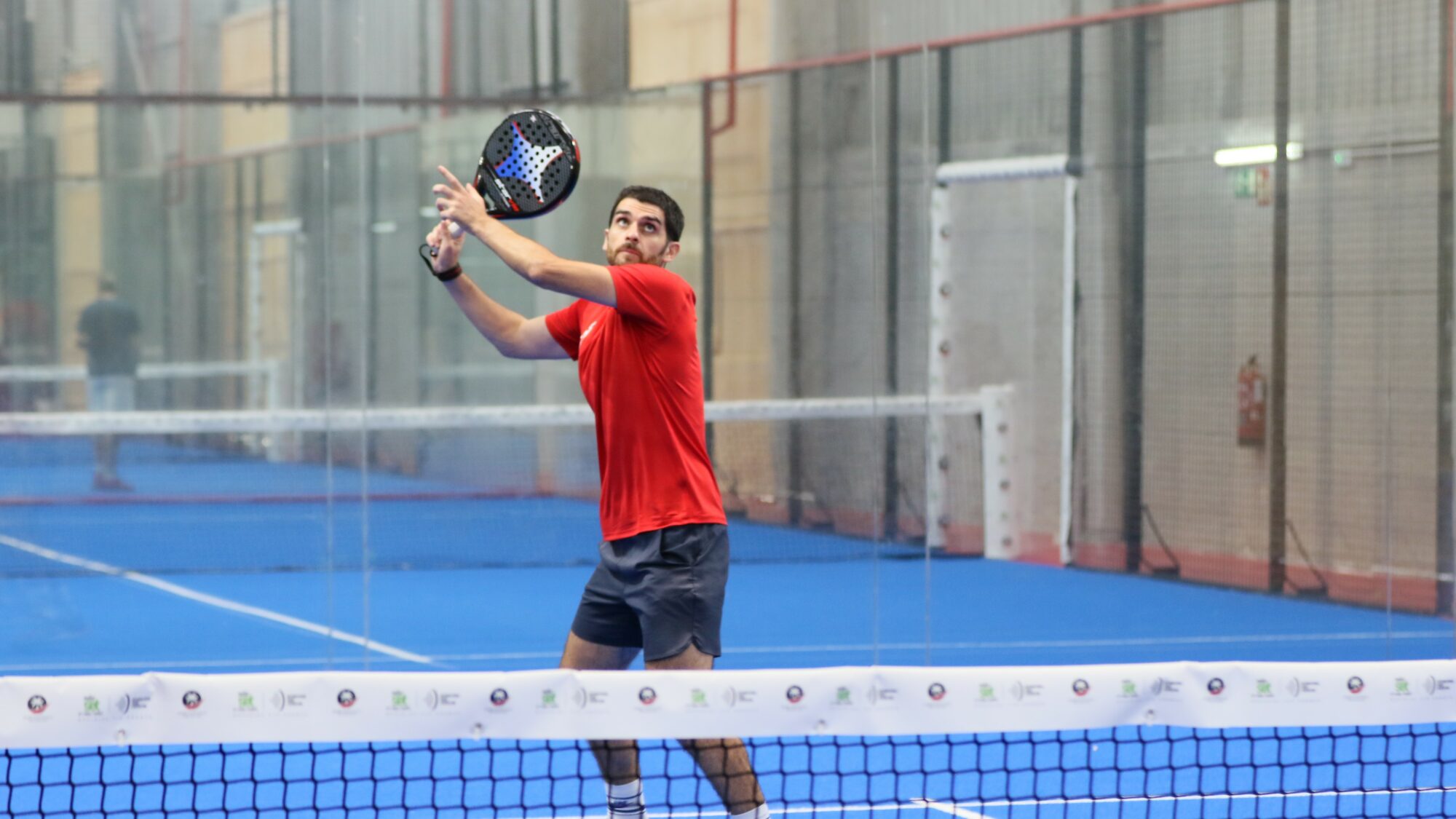 At the heart of padel – Episode 25: Paul and Andoni answer your questions
At the heart of padel – Episode 25: Paul and Andoni answer your questions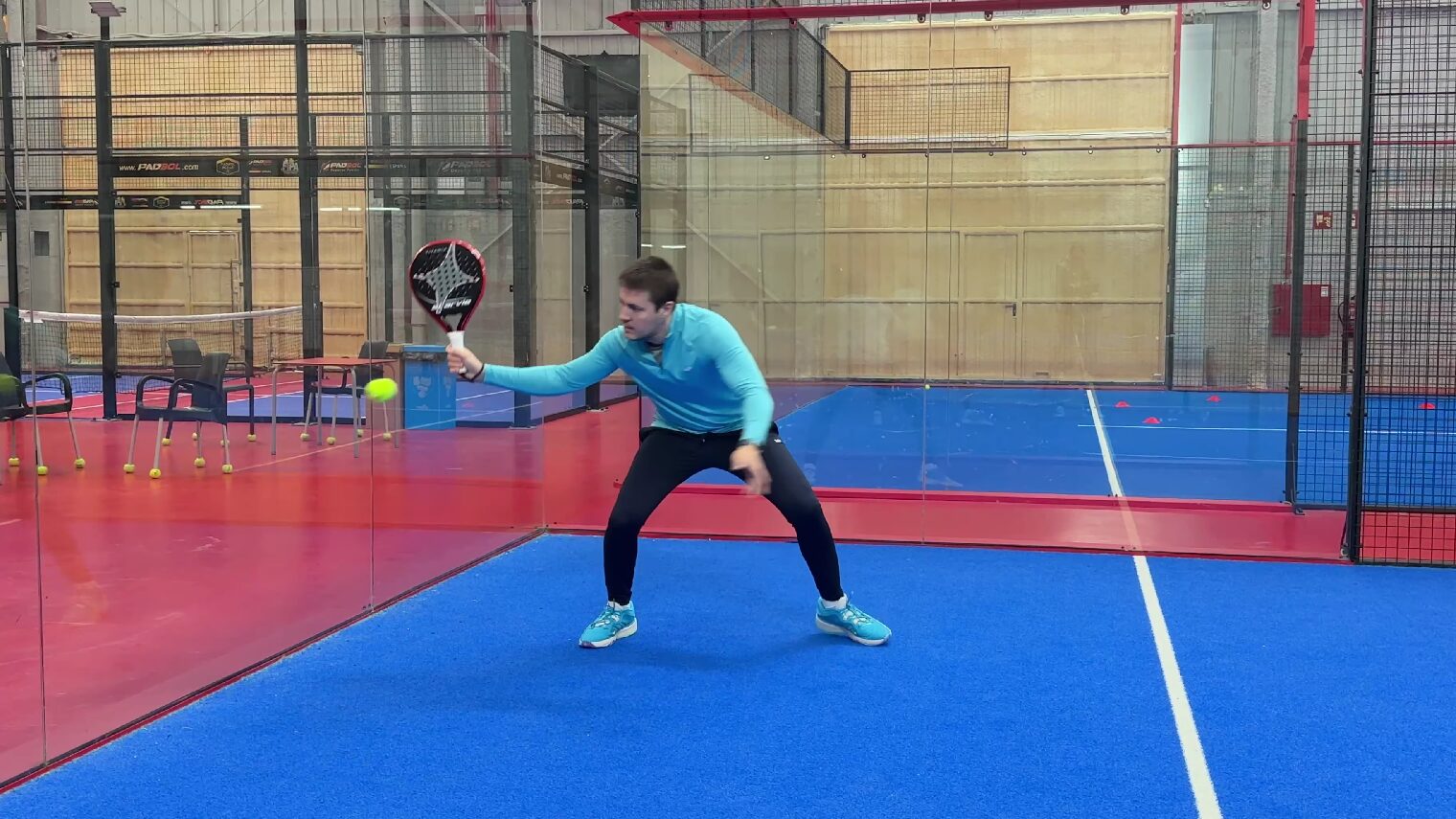 At the heart of padel – Episode 23: defend the window well
At the heart of padel – Episode 23: defend the window well Prohibition on playing topless Padel : the reasons
Prohibition on playing topless Padel : the reasons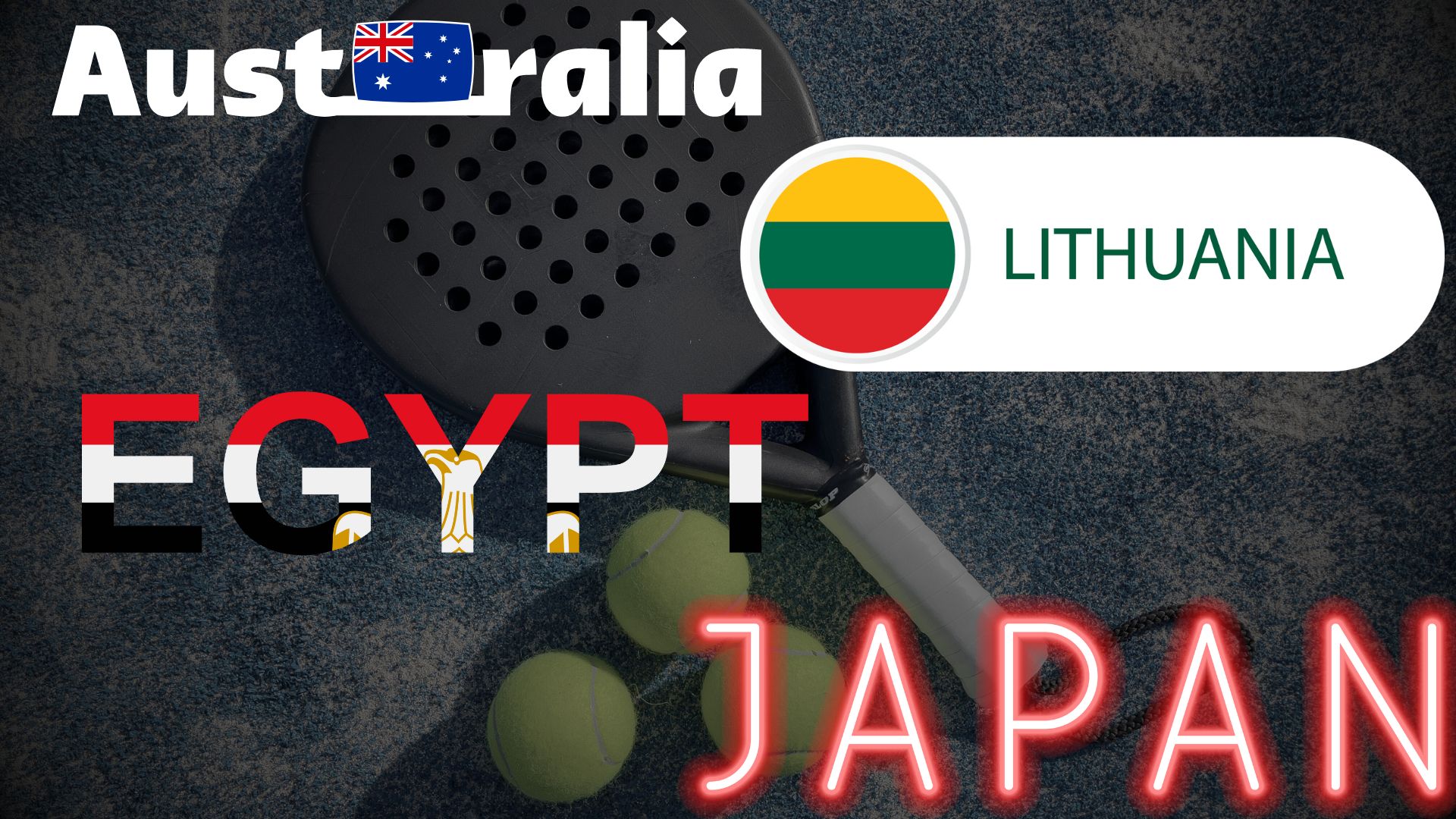 FIP Tour – Going far from Europe, THE strategy to earn points!
FIP Tour – Going far from Europe, THE strategy to earn points!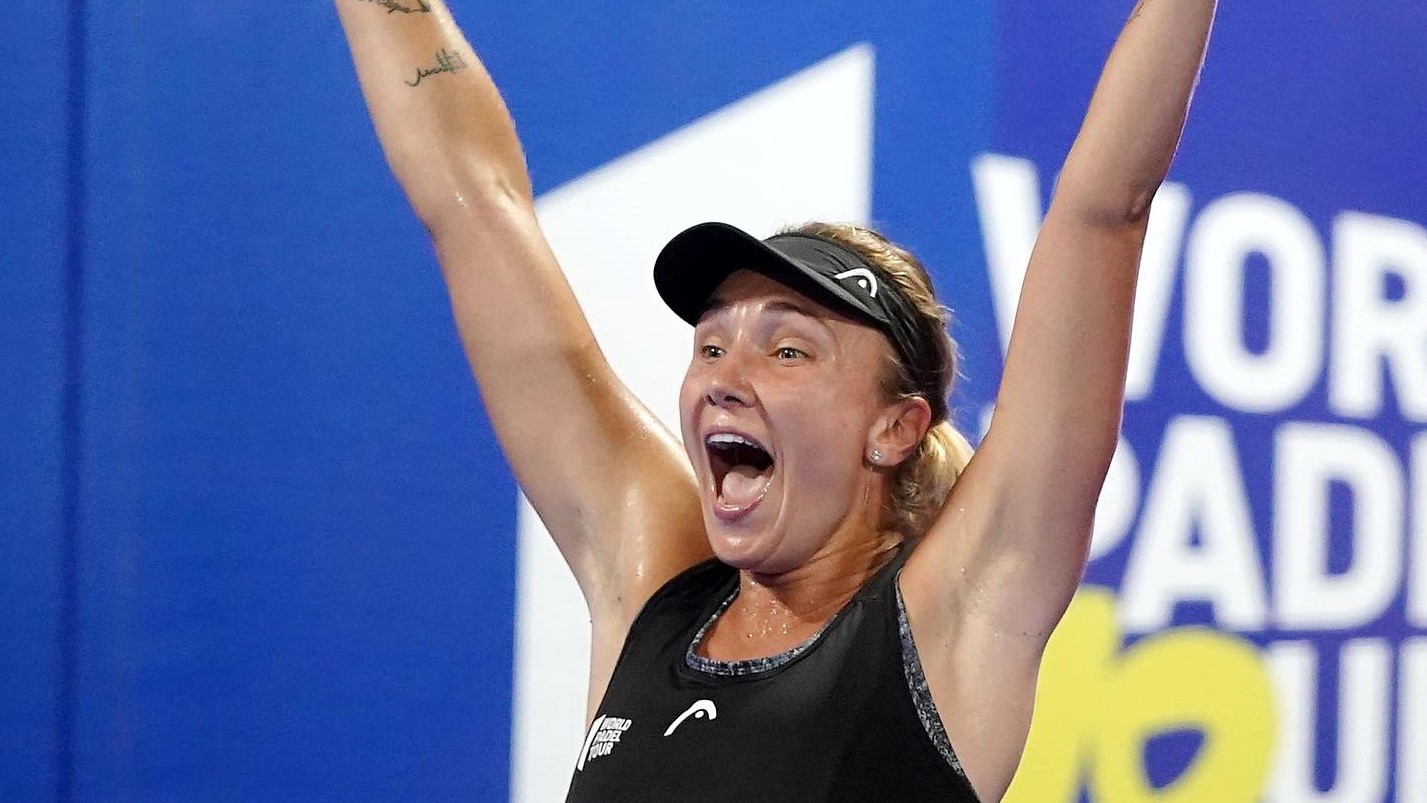 What is a good football player? padel ?
What is a good football player? padel ?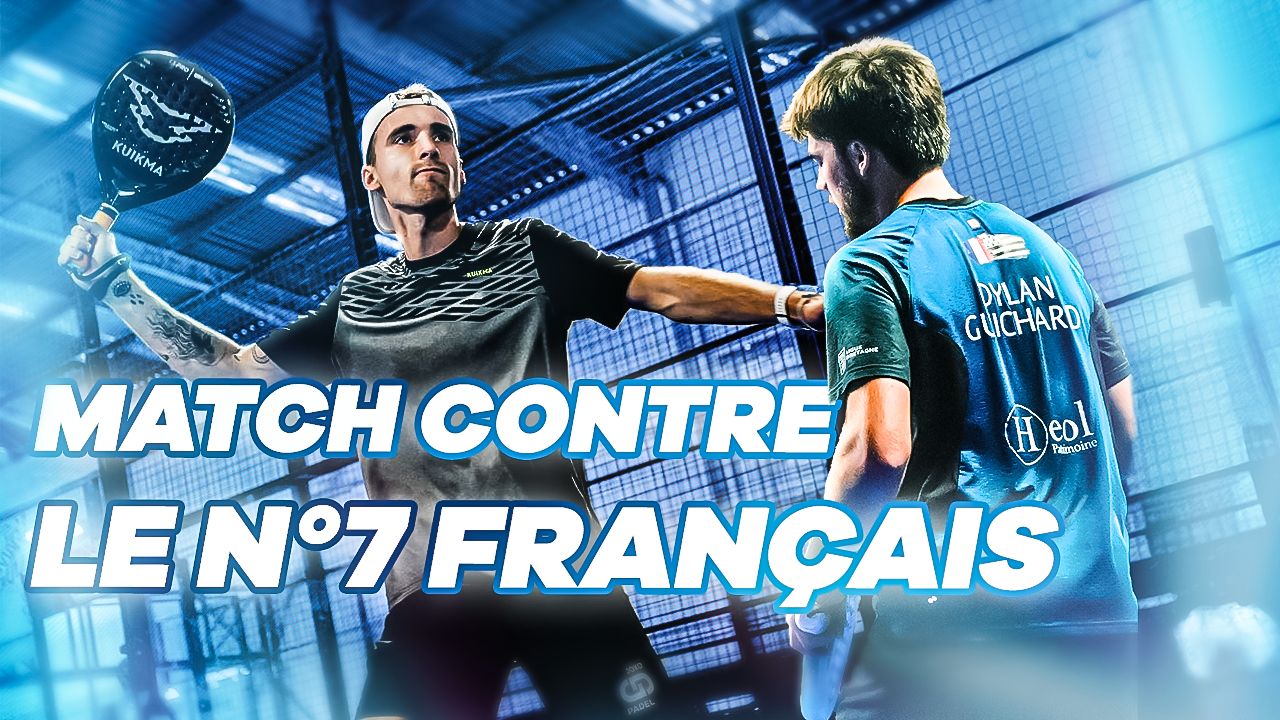 “Lefties give me headaches when I play against them!”
“Lefties give me headaches when I play against them!”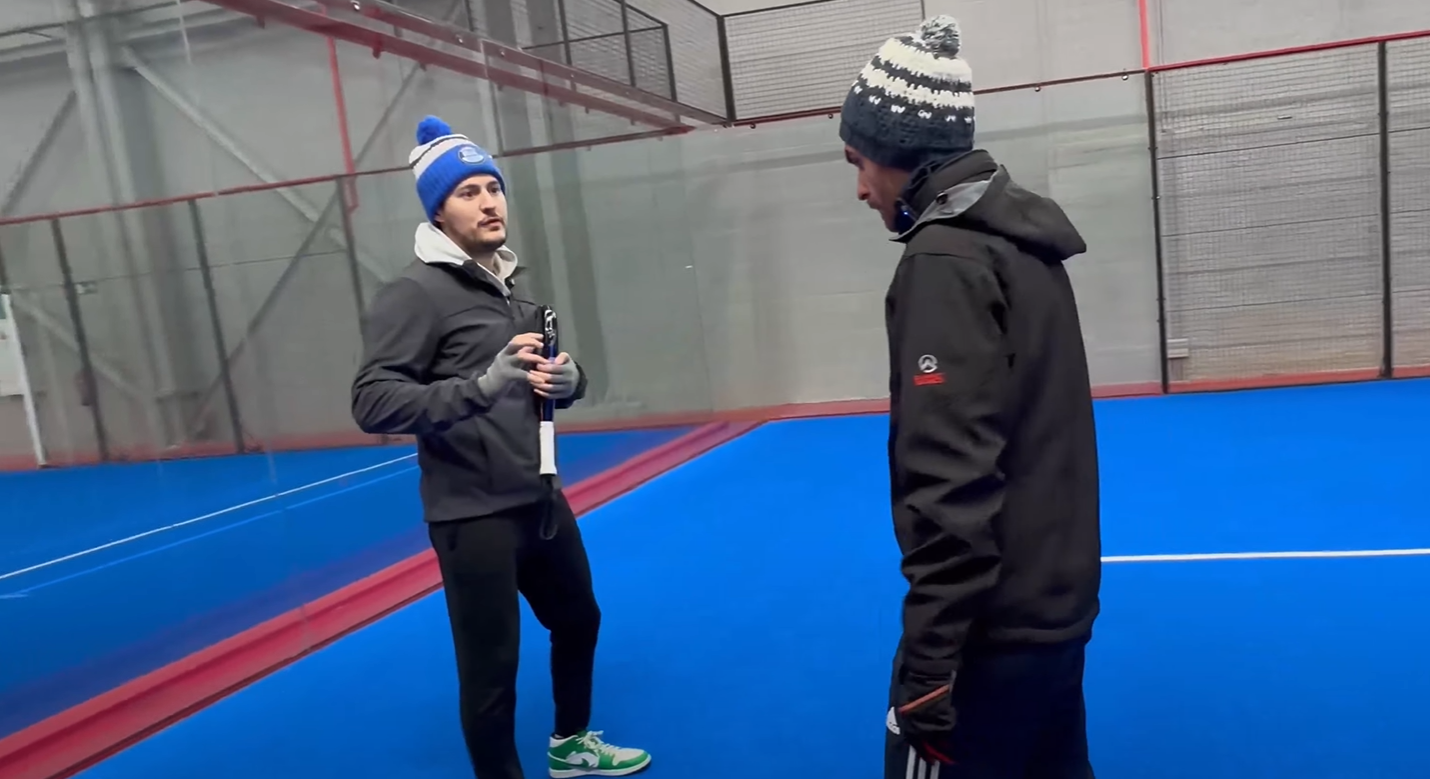 At the heart of padel – Episode 14: how to earn points in winter?
At the heart of padel – Episode 14: how to earn points in winter?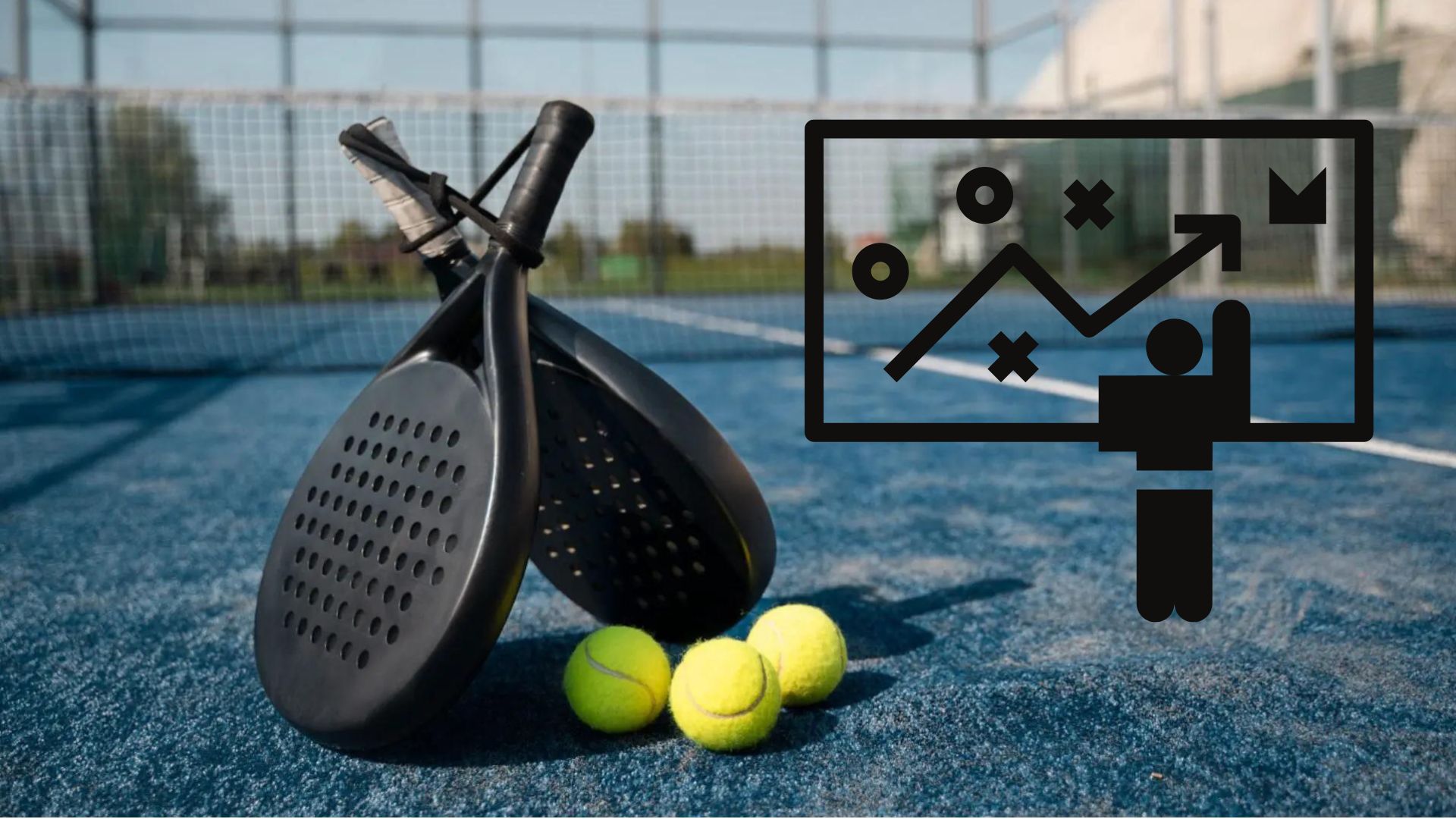 The basic tactics of padel
The basic tactics of padel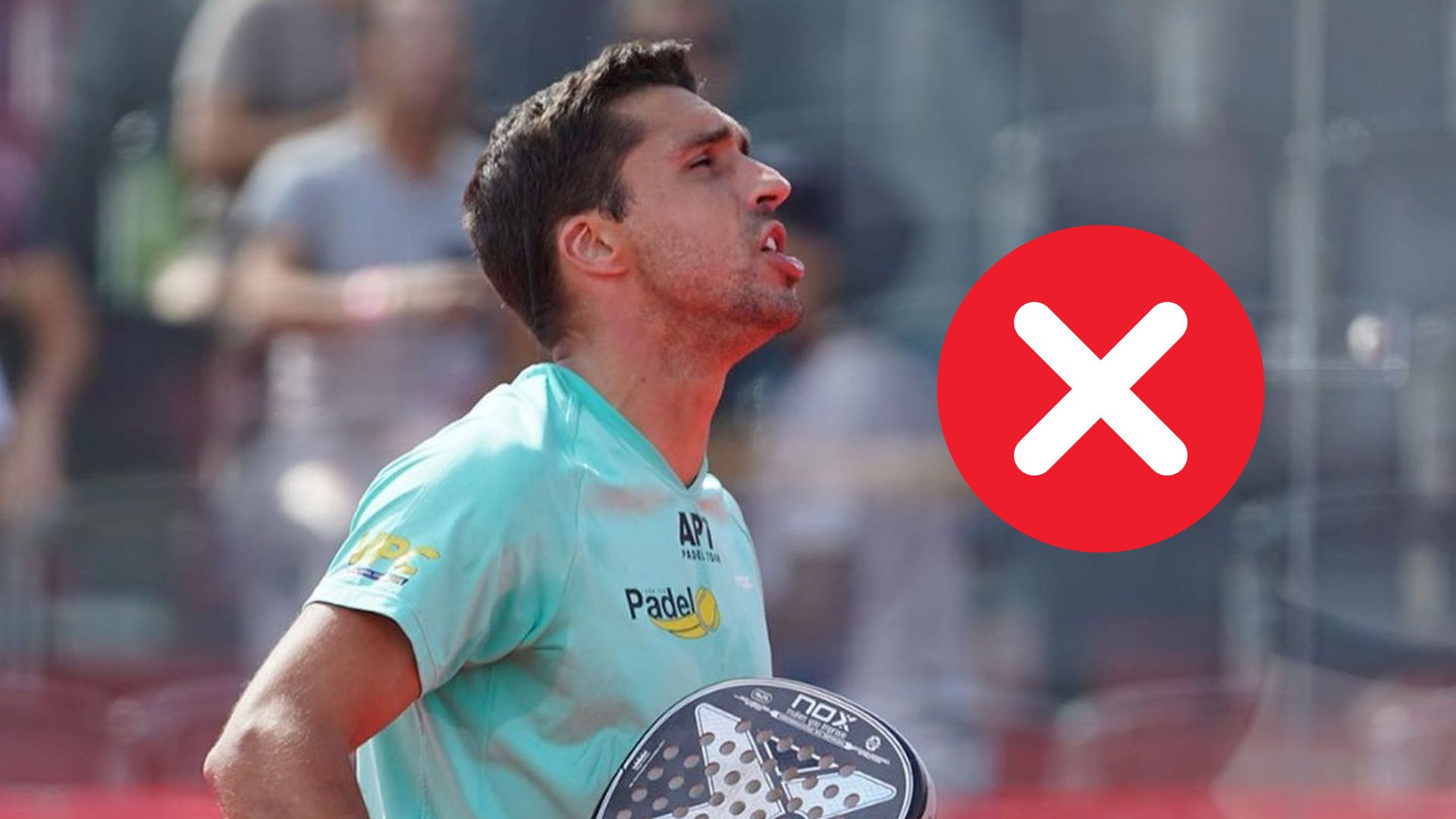 A par 4 is always a winner...even if you manage to defend it!
A par 4 is always a winner...even if you manage to defend it!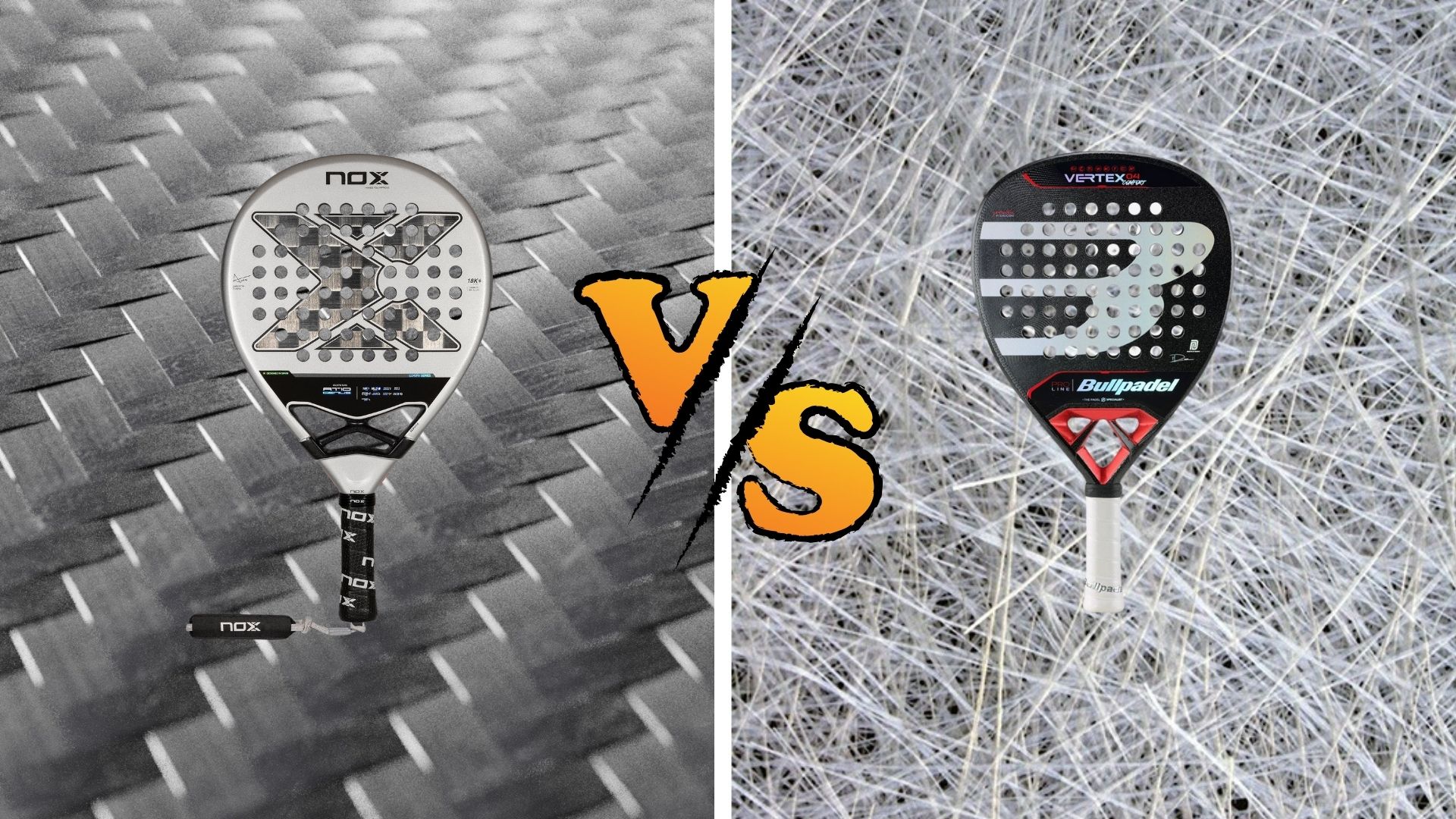 Carbon fiber VS fiberglass: what to choose?
Carbon fiber VS fiberglass: what to choose?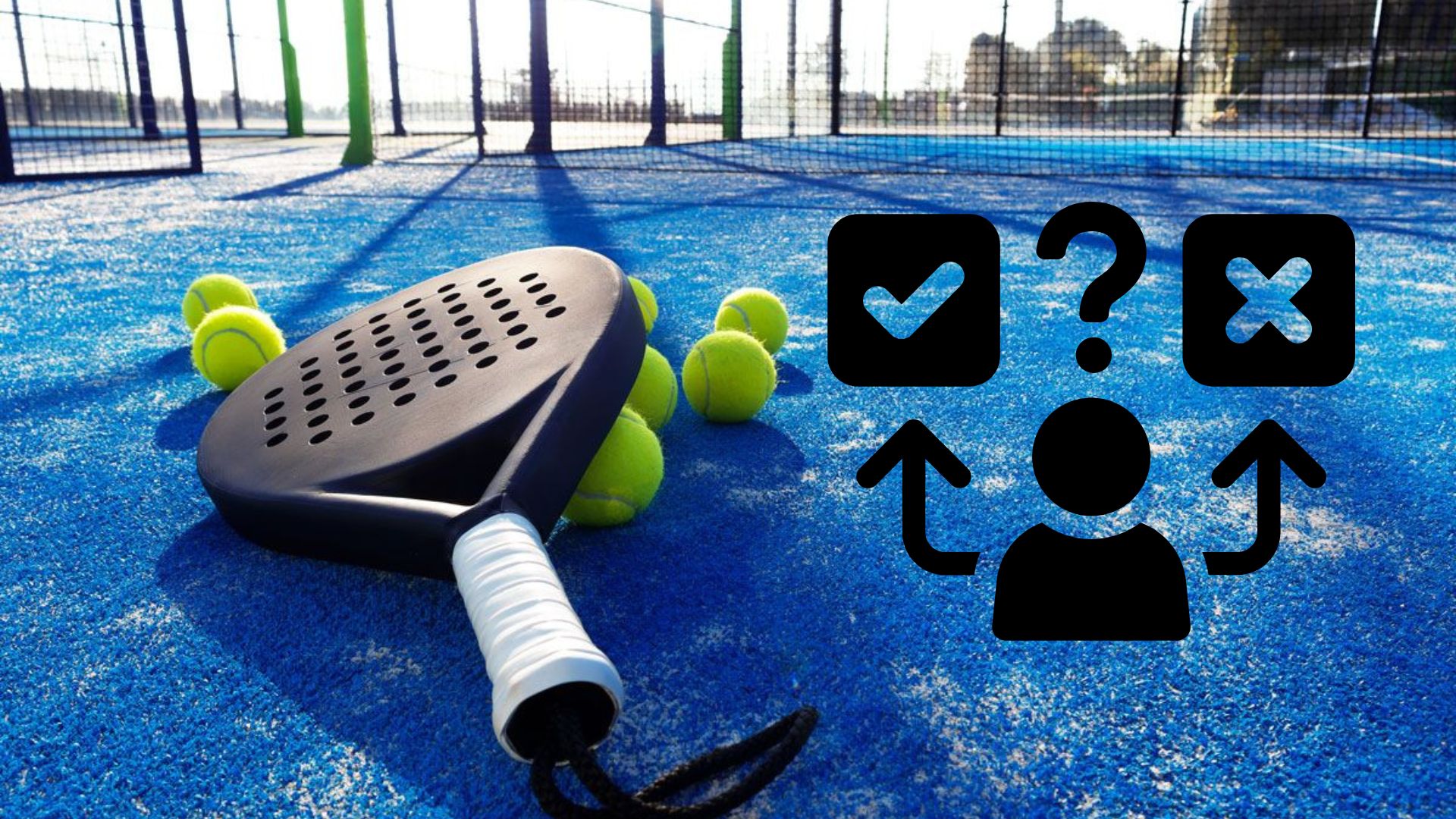 How to effectively test a racket padel ?
How to effectively test a racket padel ?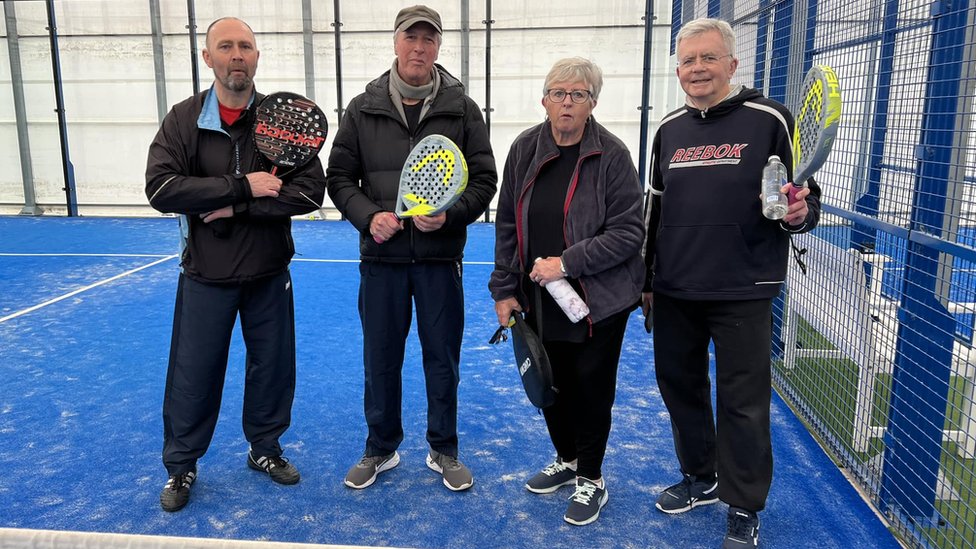 La padel to fight Parkinson's disease
La padel to fight Parkinson's disease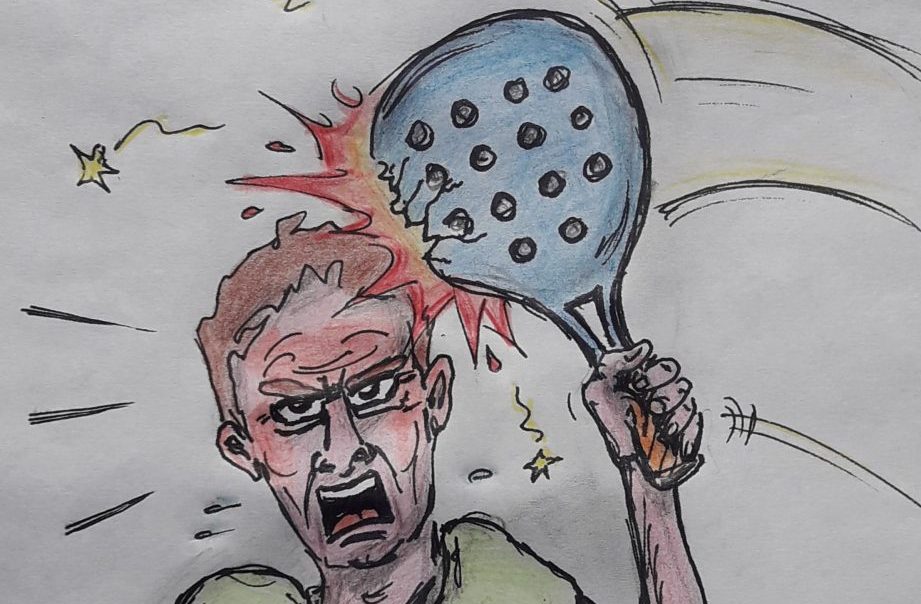 Don't play with a cracked or broken racket, your body will thank you!
Don't play with a cracked or broken racket, your body will thank you! Michel Cymes: “The padel, physically, it’s serious!”
Michel Cymes: “The padel, physically, it’s serious!”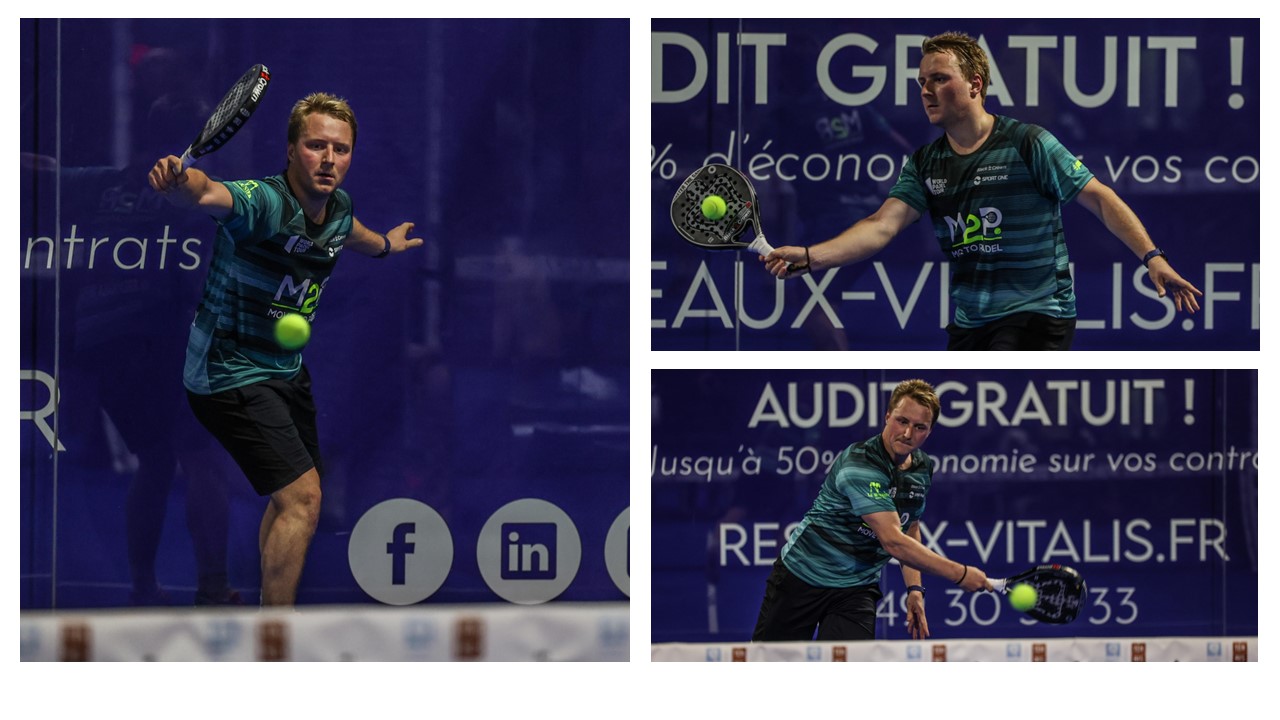 Jeremy Gala: “Promote the padel among young people in Belgium remains a challenge”
Jeremy Gala: “Promote the padel among young people in Belgium remains a challenge” The French Touch Academy organizes its selection day Padel-Study
The French Touch Academy organizes its selection day Padel-Study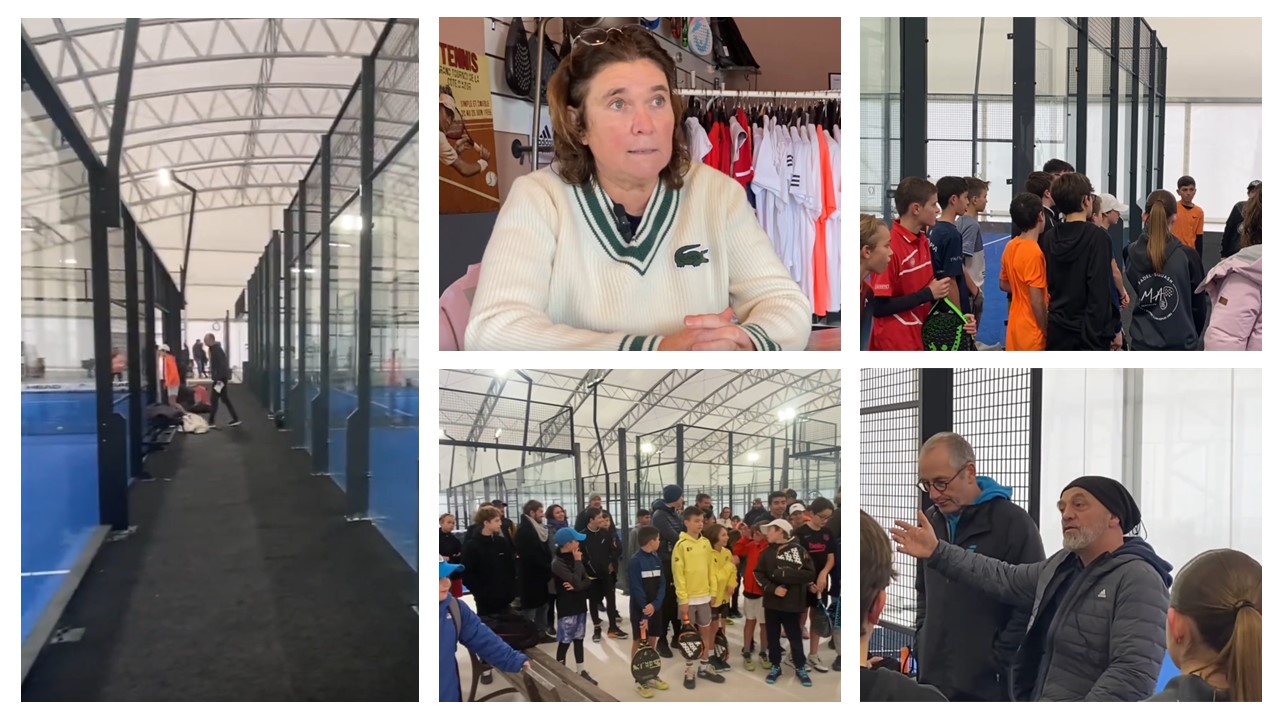 Report on the detection and training of younger generations
Report on the detection and training of younger generations